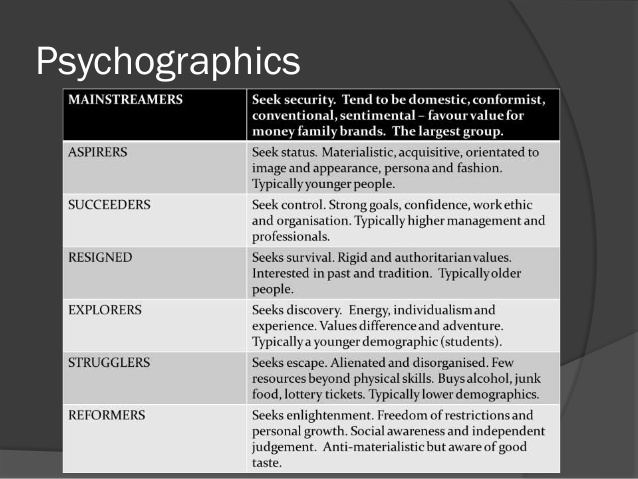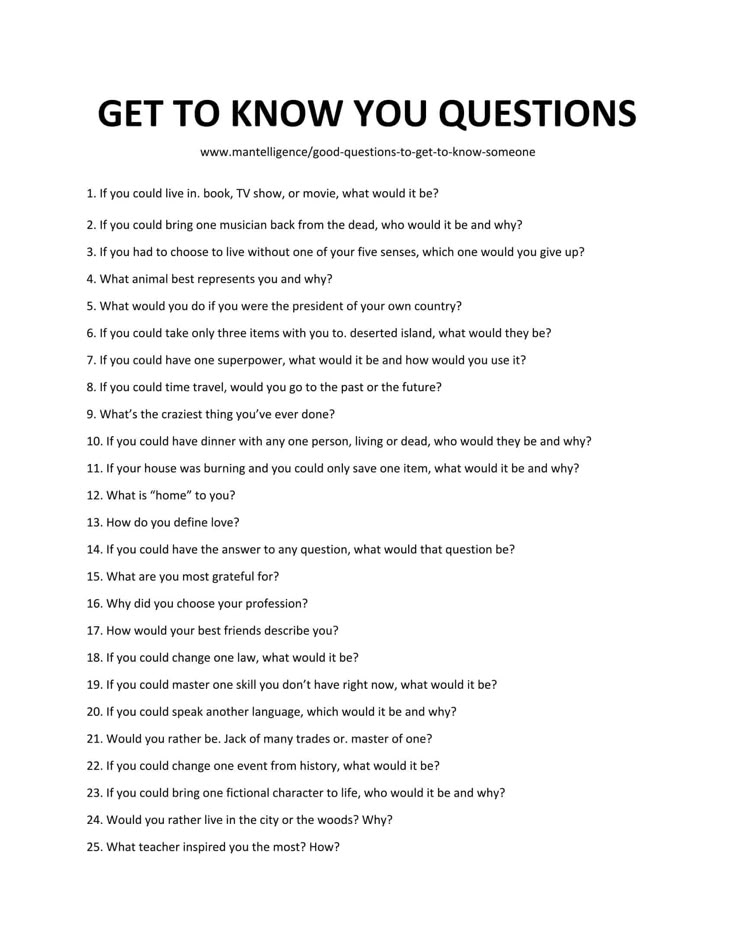Who made psychology a science
History of Psychology – Introduction to Psychology I
1. Introduction to Psychology
Learning Objectives
By the end of this section, you will be able to:
- Understand the importance of Wundt and James in the development of psychology
- Appreciate Freud’s influence on psychology
- Understand the basic tenets of Gestalt psychology
- Appreciate the important role that behaviorism played in psychology’s history
- Understand basic tenets of humanism
- Understand how the cognitive revolution shifted psychology’s focus back to the mind
Psychology is a relatively young science with its experimental roots in the 19th century, compared, for example, to human physiology, which dates much earlier. As mentioned, anyone interested in exploring issues related to the mind generally did so in a philosophical context prior to the 19th century. Two men, working in the 19th century, are generally credited as being the founders of psychology as a science and academic discipline that was distinct from philosophy.
Their names were Wilhelm Wundt and William James. This section will provide an overview of the shifts in paradigms that have influenced psychology from Wundt and James through today.
Activity: Watch a Video
Wilhelm Wundt (1832–1920) was a German scientist who was the first person to be referred to as a psychologist. His famous book entitled Principles of Physiological Psychology was published in 1873. Wundt viewed psychology as a scientific study of conscious experience, and he believed that the goal of psychology was to identify components of consciousness and how those components combined to result in our conscious experience. Wundt used introspection (he called it “internal perception”), a process by which someone examines their own conscious experience as objectively as possible, making the human mind like any other aspect of nature that a scientist observed. Wundt’s version of introspection used only very specific experimental conditions in which an external stimulus was designed to produce a scientifically observable (repeatable) experience of the mind (Danziger, 1980). The first stringent requirement was the use of “trained” or practiced observers, who could immediately observe and report a reaction. The second requirement was the use of repeatable stimuli that always produced the same experience in the subject and allowed the subject to expect and thus be fully attentive to the inner reaction. These experimental requirements were put in place to eliminate “interpretation” in the reporting of internal experiences and to counter the argument that there is no way to know that an individual is observing their mind or consciousness accurately, since it cannot be seen by any other person. This attempt to understand the structure or characteristics of the mind was known as structuralism. Wundt established his psychology laboratory at the University at Leipzig in 1879 (see Figure 2).
Wundt’s version of introspection used only very specific experimental conditions in which an external stimulus was designed to produce a scientifically observable (repeatable) experience of the mind (Danziger, 1980). The first stringent requirement was the use of “trained” or practiced observers, who could immediately observe and report a reaction. The second requirement was the use of repeatable stimuli that always produced the same experience in the subject and allowed the subject to expect and thus be fully attentive to the inner reaction. These experimental requirements were put in place to eliminate “interpretation” in the reporting of internal experiences and to counter the argument that there is no way to know that an individual is observing their mind or consciousness accurately, since it cannot be seen by any other person. This attempt to understand the structure or characteristics of the mind was known as structuralism. Wundt established his psychology laboratory at the University at Leipzig in 1879 (see Figure 2).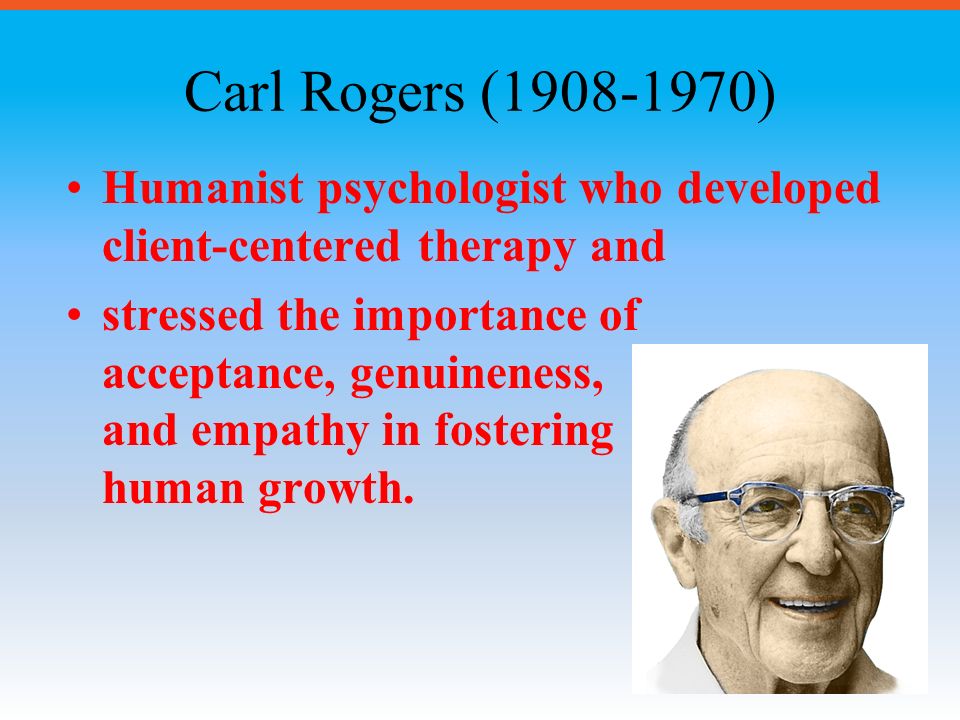 In this laboratory, Wundt and his students conducted experiments on, for example, reaction times. A subject, sometimes in a room isolated from the scientist, would receive a stimulus such as a light, image, or sound. The subject’s reaction to the stimulus would be to push a button, and an apparatus would record the time to reaction. Wundt could measure reaction time to one-thousandth of a second (Nicolas & Ferrand, 1999).
In this laboratory, Wundt and his students conducted experiments on, for example, reaction times. A subject, sometimes in a room isolated from the scientist, would receive a stimulus such as a light, image, or sound. The subject’s reaction to the stimulus would be to push a button, and an apparatus would record the time to reaction. Wundt could measure reaction time to one-thousandth of a second (Nicolas & Ferrand, 1999).
However, despite his efforts to train individuals in the process of introspection, this process remained highly subjective, and there was very little agreement between individuals. As a result, structuralism fell out of favour with the passing of Wundt’s student, Edward Titchener, in 1927 (Gordon, 1995).
William James (1842–1910) was the first North American psychologist who espoused a different perspective on how psychology should operate (see Figure 3). James was introduced to Darwin’s theory of evolution by natural selection and accepted it as an explanation of an organism’s characteristics. Key to that theory is the idea that natural selection leads to organisms that are adapted to their environment, including their behaviour. Adaptation means that a trait of an organism has a function for the survival and reproduction of the individual, because it has been naturally selected. As James saw it, psychology’s purpose was to study the function of behaviour in the world, and as such, his perspective was known as functionalism. Functionalism focused on how mental activities helped an organism fit into its environment. Functionalism has a second, more subtle meaning in that functionalists were more interested in the operation of the whole mind rather than of its individual parts, which were the focus of structuralism.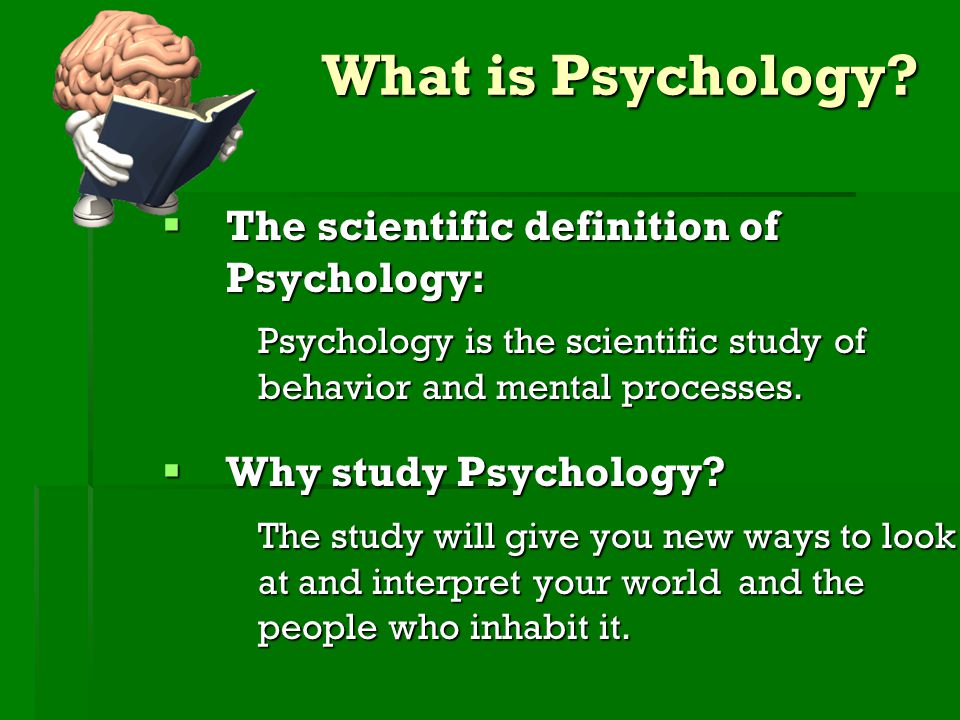 Like Wundt, James believed that introspection could serve as one means by which someone might study mental activities, but James also relied on more objective measures, including the use of various recording devices, and examinations of concrete products of mental activities and of anatomy and physiology (Gordon, 1995).
Like Wundt, James believed that introspection could serve as one means by which someone might study mental activities, but James also relied on more objective measures, including the use of various recording devices, and examinations of concrete products of mental activities and of anatomy and physiology (Gordon, 1995).
Perhaps one of the most influential and well-known figures in psychology’s history was Sigmund Freud (see Figure 4). Freud (1856–1939) was an Austrian neurologist who was fascinated by patients suffering from “hysteria” and neurosis. Hysteria was an ancient diagnosis for disorders, primarily of women with a wide variety of symptoms, including physical symptoms and emotional disturbances, none of which had an apparent physical cause. Freud theorized that many of his patients’ problems arose from the unconscious mind. In Freud’s view, the unconscious mind was a repository of feelings and urges of which we have no awareness. Gaining access to the unconscious, then, was crucial to the successful resolution of the patient’s problems. According to Freud, the unconscious mind could be accessed through dream analysis, by examinations of the first words that came to people’s minds, and through seemingly innocent slips of the tongue. Psychoanalytic theory focuses on the role of a person’s unconscious, as well as early childhood experiences, and this particular perspective dominated clinical psychology for several decades (Thorne & Henley, 2005).
Gaining access to the unconscious, then, was crucial to the successful resolution of the patient’s problems. According to Freud, the unconscious mind could be accessed through dream analysis, by examinations of the first words that came to people’s minds, and through seemingly innocent slips of the tongue. Psychoanalytic theory focuses on the role of a person’s unconscious, as well as early childhood experiences, and this particular perspective dominated clinical psychology for several decades (Thorne & Henley, 2005).
Freud’s ideas were influential, and you will learn more about them when you study lifespan development, personality, and therapy. For instance, many therapists believe strongly in the unconscious and the impact of early childhood experiences on the rest of a person’s life.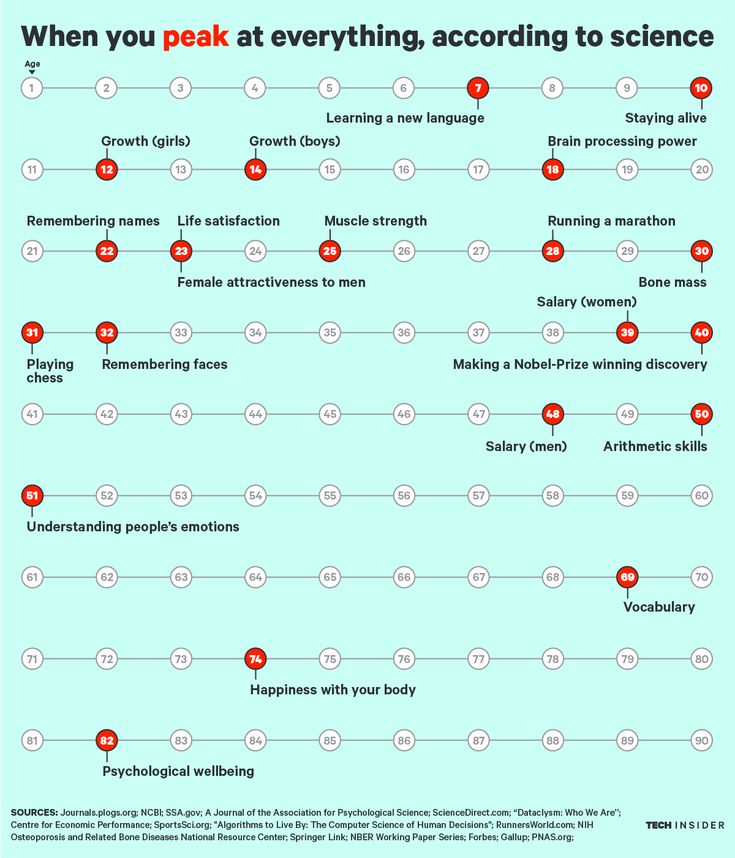 The method of psychoanalysis, which involves the patient talking about their experiences and selves, while not invented by Freud, was certainly popularized by him and is still used today. Many of Freud’s other ideas, however, are controversial. Drew Westen (1998) argues that many of the criticisms of Freud’s ideas are misplaced, in that they attack his older ideas without taking into account later writings. Westen also argues that critics fail to consider the success of the broad ideas that Freud introduced or developed, such as the importance of childhood experiences in adult motivations, the role of unconscious versus conscious motivations in driving our behaviour, the fact that motivations can cause conflicts that affect behaviour, the effects of mental representations of ourselves and others in guiding our interactions, and the development of personality over time. Westen identifies subsequent research support for all of these ideas.
The method of psychoanalysis, which involves the patient talking about their experiences and selves, while not invented by Freud, was certainly popularized by him and is still used today. Many of Freud’s other ideas, however, are controversial. Drew Westen (1998) argues that many of the criticisms of Freud’s ideas are misplaced, in that they attack his older ideas without taking into account later writings. Westen also argues that critics fail to consider the success of the broad ideas that Freud introduced or developed, such as the importance of childhood experiences in adult motivations, the role of unconscious versus conscious motivations in driving our behaviour, the fact that motivations can cause conflicts that affect behaviour, the effects of mental representations of ourselves and others in guiding our interactions, and the development of personality over time. Westen identifies subsequent research support for all of these ideas.
More modern iterations of Freud’s clinical approach have been empirically demonstrated to be effective (Knekt et al.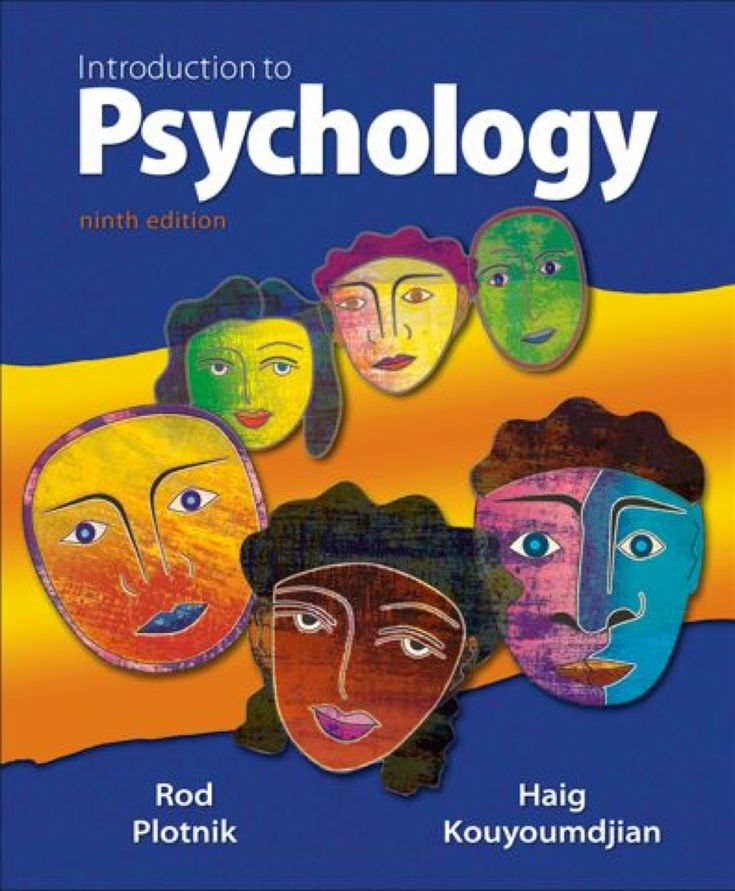 , 2008; Shedler, 2010). Some current practices in psychotherapy involve examining unconscious aspects of the self and relationships, often through the relationship between the therapist and the client. Freud’s historical significance and contributions to clinical practice merit his inclusion in a discussion of the historical movements within psychology.
, 2008; Shedler, 2010). Some current practices in psychotherapy involve examining unconscious aspects of the self and relationships, often through the relationship between the therapist and the client. Freud’s historical significance and contributions to clinical practice merit his inclusion in a discussion of the historical movements within psychology.
Max Wertheimer (1880–1943), Kurt Koffka (1886–1941), and Wolfgang Köhler (1887–1967) were three German psychologists who immigrated to the United States in the early 20th century to escape Nazi Germany. These men are credited with introducing psychologists in the United States to various Gestalt principles. The word Gestalt roughly translates to “whole;” a major emphasis of Gestalt psychology deals with the fact that although a sensory experience can be broken down into individual parts, how those parts relate to each other as a whole is often what the individual responds to in perception. For example, a song may be made up of individual notes played by different instruments, but the real nature of the song is perceived in the combinations of these notes as they form the melody, rhythm, and harmony.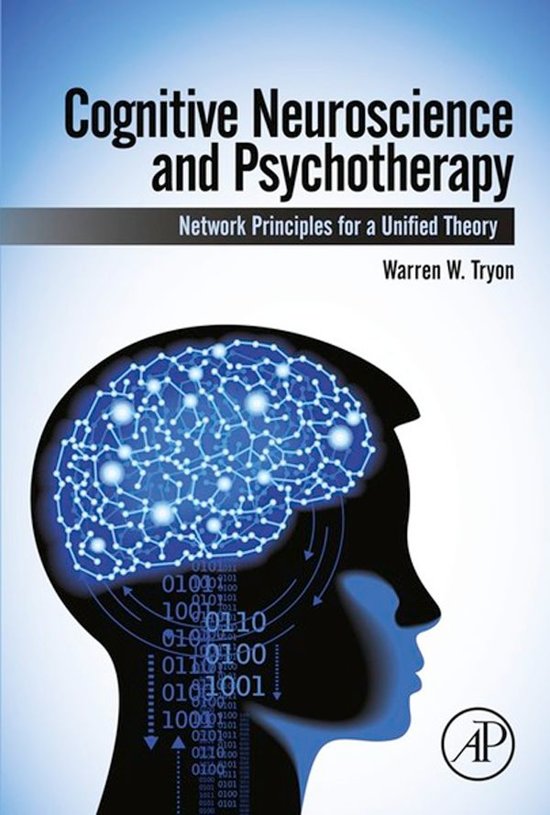 In many ways, this particular perspective would have directly contradicted Wundt’s ideas of structuralism (Thorne & Henley, 2005).
In many ways, this particular perspective would have directly contradicted Wundt’s ideas of structuralism (Thorne & Henley, 2005).
Activity: Watch a Video
Unfortunately, in moving to the United States, these men were forced to abandon much of their work and were unable to continue to conduct research on a large scale. These factors along with the rise of behaviourism (described next) in the United States prevented principles of Gestalt psychology from being as influential in North America as they had been in their native Germany (Thorne & Henley, 2005). Despite these issues, several Gestalt principles are still very influential today. Considering the human individual as a whole rather than as a sum of individually measured parts became an important foundation in humanistic theory late in the century. The ideas of Gestalt have continued to influence research on sensation and perception.
Structuralism, Freud, and the Gestalt psychologists were all concerned in one way or another with describing and understanding inner experience. But other researchers had concerns that inner experience could be a legitimate subject of scientific inquiry and chose instead to exclusively study behaviour, the objectively observable outcome of mental processes.
Early work in the field of behaviour was conducted by the Russian physiologist Ivan Pavlov (1849–1936). Pavlov studied a form of learning behaviour called a conditioned reflex, in which an animal or human produced a reflex (unconscious) response to a stimulus and, over time, was conditioned to produce the response to a different stimulus that the experimenter associated with the original stimulus. The reflex Pavlov worked with was salivation in response to the presence of food. The salivation reflex could be elicited using a second stimulus, such as a specific sound, that was presented in association with the initial food stimulus several times. Once the response to the second stimulus was “learned,” the food stimulus could be omitted. Pavlov’s “classical conditioning” is only one form of learning behaviour studied by behaviourists.
Once the response to the second stimulus was “learned,” the food stimulus could be omitted. Pavlov’s “classical conditioning” is only one form of learning behaviour studied by behaviourists.
John B. Watson (1878–1958) was an influential American psychologist whose most famous work occurred during the early 20th century at Johns Hopkins University (see Figure 5). While Wundt and James were concerned with understanding conscious experience, Watson thought that the study of consciousness was flawed. Because he believed that objective analysis of the mind was impossible, Watson preferred to focus directly on observable behaviour and try to bring that behaviour under control. Watson was a major proponent of shifting the focus of psychology from the mind to behaviour, and this approach of observing and controlling behaviour came to be known as behaviourism. A major object of study by behaviourists was learned behaviour and its interaction with inborn qualities of the organism. Behaviourism commonly used animals in experiments under the assumption that what was learned using animal models could, to some degree, be applied to human behaviour.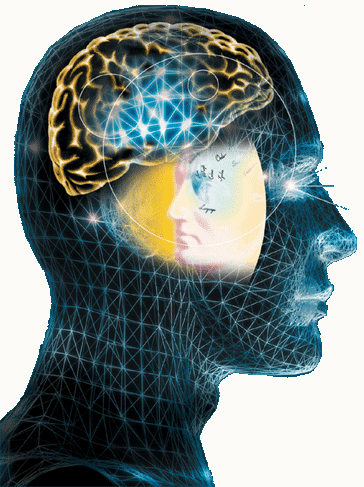 Indeed, Tolman (1938) stated, “I believe that everything important in psychology (except … such matters as involve society and words) can be investigated in essence through the continued experimental and theoretical analysis of the determiners of rat behaviour at a choice-point in a maze.”
Indeed, Tolman (1938) stated, “I believe that everything important in psychology (except … such matters as involve society and words) can be investigated in essence through the continued experimental and theoretical analysis of the determiners of rat behaviour at a choice-point in a maze.”
Behaviourism dominated experimental psychology for several decades, and its influence can still be felt today (Thorne & Henley, 2005). Behaviourism is largely responsible for establishing psychology as a scientific discipline through its objective methods and especially experimentation. In addition, it is used in behavioural and cognitive-behavioural therapy. Behaviour modification is commonly used in classroom settings. Behaviourism has also led to research on environmental influences on human behaviour.
B. F. Skinner (1904–1990) was an American psychologist (see Figure 6). Like Watson, Skinner was a behaviourist, and he concentrated on how behaviour was affected by its consequences.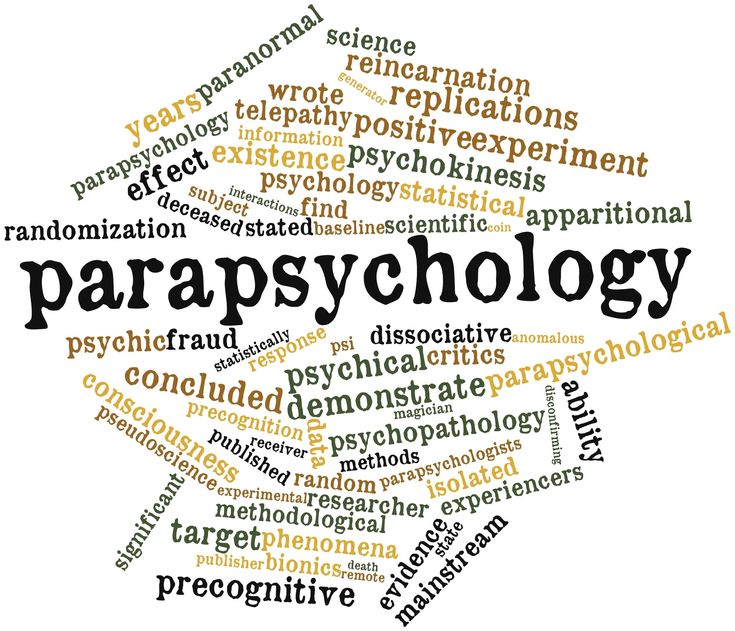 Therefore, Skinner spoke of reinforcement and punishment as major factors in driving behaviour. As a part of his research, Skinner developed a chamber that allowed the careful study of the principles of modifying behaviour through reinforcement and punishment. This device, known as an operant conditioning chamber (or more familiarly, a Skinner box), has remained a crucial resource for researchers studying behaviour (Thorne & Henley, 2005).
Therefore, Skinner spoke of reinforcement and punishment as major factors in driving behaviour. As a part of his research, Skinner developed a chamber that allowed the careful study of the principles of modifying behaviour through reinforcement and punishment. This device, known as an operant conditioning chamber (or more familiarly, a Skinner box), has remained a crucial resource for researchers studying behaviour (Thorne & Henley, 2005).
The Skinner box is a chamber that isolates the subject from the external environment and has a behaviour indicator such as a lever or a button. When the animal pushes the button or lever, the box is able to deliver a positive reinforcement of the behaviour (such as food) or a punishment (such as a noise) or a token conditioner (such as a light) that is correlated with either the positive reinforcement or punishment.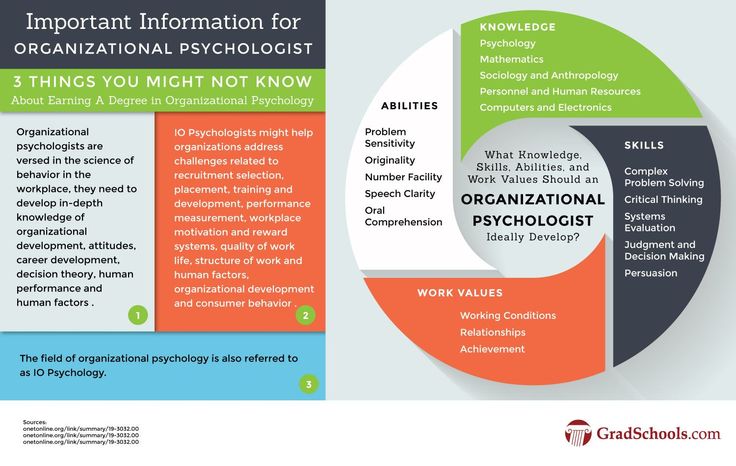
Activity: Watch a Video
Skinner’s focus on positive and negative reinforcement of learned behaviours had a lasting influence in psychology that has waned somewhat since the growth of research in cognitive psychology. Despite this, conditioned learning is still used in human behavioural modification. Skinner’s two widely read and controversial popular science books about the value of operant conditioning for creating happier lives remain as thought-provoking arguments for his approach (Greengrass, 2004).
During the early 20th century, American psychology was dominated by behaviourism and psychoanalysis. However, some psychologists were uncomfortable with what they viewed as limited perspectives being so influential to the field. They objected to the pessimism and determinism (all actions driven by the unconscious) of Freud. They also disliked the reductionism, or simplifying nature, of behaviourism.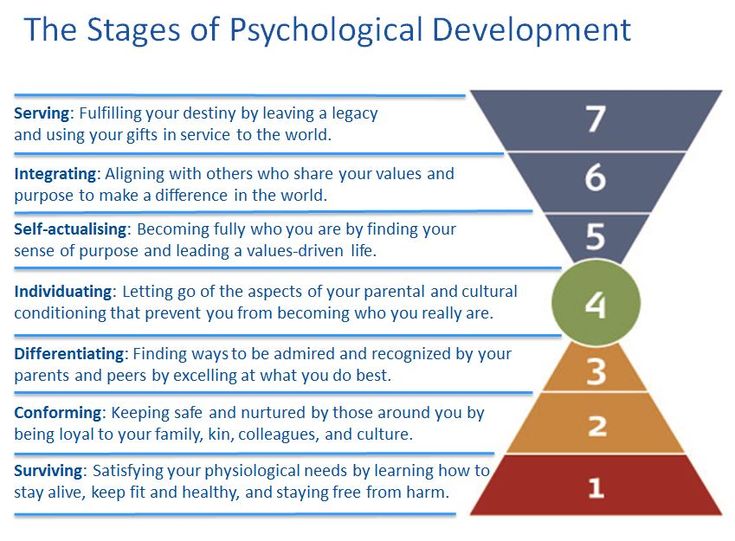 Behaviourism is also deterministic at its core, because it sees human behaviour as entirely determined by a combination of genetics and environment. Some psychologists began to form their own ideas that emphasized personal control, intentionality, and a true predisposition for “good” as important for our self-concept and our behaviour. Thus, humanism emerged.Humanism is a perspective within psychology that emphasizes the potential for good that is innate to all humans. Two of the most well-known proponents of humanistic psychology are Abraham Maslow and Carl Rogers (O’Hara, n.d.).
Behaviourism is also deterministic at its core, because it sees human behaviour as entirely determined by a combination of genetics and environment. Some psychologists began to form their own ideas that emphasized personal control, intentionality, and a true predisposition for “good” as important for our self-concept and our behaviour. Thus, humanism emerged.Humanism is a perspective within psychology that emphasizes the potential for good that is innate to all humans. Two of the most well-known proponents of humanistic psychology are Abraham Maslow and Carl Rogers (O’Hara, n.d.).
Abraham Maslow (1908–1970) was an American psychologist who is best known for proposing a hierarchy of human needs in motivating behaviour (see Figure 7). Although this concept will be discussed in more detail in a later chapter, a brief overview will be provided here. Maslow asserted that so long as basic needs necessary for survival were met (e.g., food, water, shelter), higher-level needs (e.g., social needs) would begin to motivate behaviour.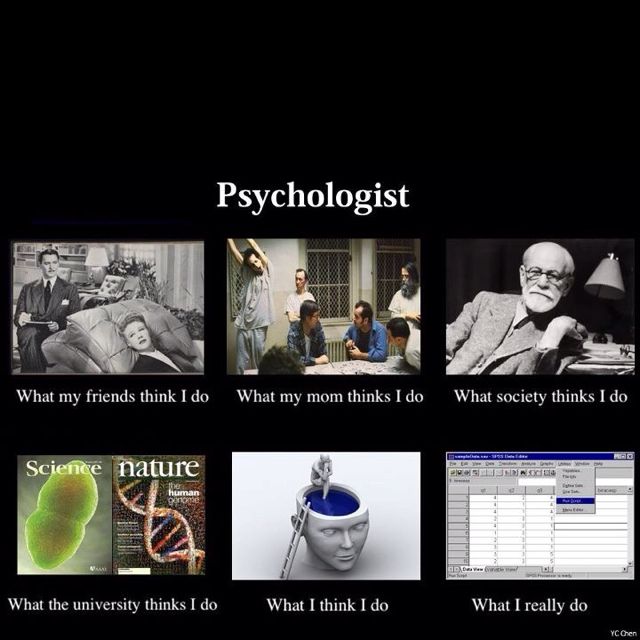 According to Maslow, the highest-level needs relate to self-actualization, a process by which we achieve our full potential. Obviously, the focus on the positive aspects of human nature that are characteristic of the humanistic perspective is evident (Thorne & Henley, 2005). Humanistic psychologists rejected, on principle, the research approach based on reductionist experimentation in the tradition of the physical and biological sciences, because it missed the “whole” human being. Beginning with Maslow and Rogers, there was an insistence on a humanistic research program. This program has been largely qualitative (not measurement-based), but there exist a number of quantitative research strains within humanistic psychology, including research on happiness, self-concept, meditation, and the outcomes of humanistic psychotherapy (Friedman, 2008).
According to Maslow, the highest-level needs relate to self-actualization, a process by which we achieve our full potential. Obviously, the focus on the positive aspects of human nature that are characteristic of the humanistic perspective is evident (Thorne & Henley, 2005). Humanistic psychologists rejected, on principle, the research approach based on reductionist experimentation in the tradition of the physical and biological sciences, because it missed the “whole” human being. Beginning with Maslow and Rogers, there was an insistence on a humanistic research program. This program has been largely qualitative (not measurement-based), but there exist a number of quantitative research strains within humanistic psychology, including research on happiness, self-concept, meditation, and the outcomes of humanistic psychotherapy (Friedman, 2008).
Carl Rogers (1902–1987) was also an American psychologist who, like Maslow, emphasized the potential for good that exists within all people (Figure 8).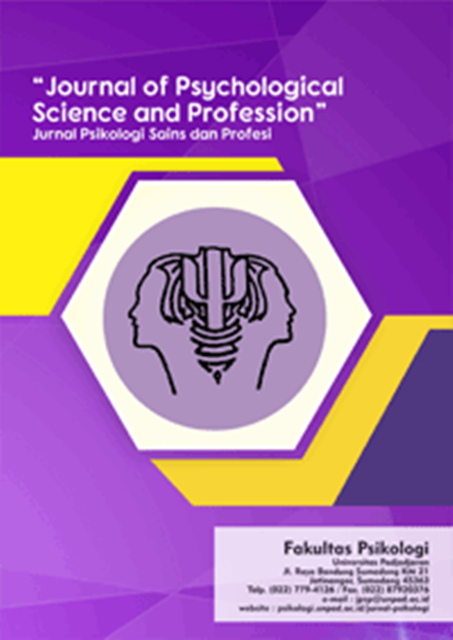 Rogers used a therapeutic technique known as client-centered therapy in helping his clients deal with problematic issues that resulted in their seeking psychotherapy. Unlike a psychoanalytic approach in which the therapist plays an important role in interpreting what conscious behaviour reveals about the unconscious mind, client-centered therapy involves the patient taking a lead role in the therapy session. Rogers believed that a therapist needed to display three features to maximize the effectiveness of this particular approach: unconditional positive regard, genuineness, and empathy. Unconditional positive regard refers to the fact that the therapist accepts their client for who they are, no matter what he or she might say. Provided these factors, Rogers believed that people were more than capable of dealing with and working through their own issues (Thorne & Henley, 2005).
Rogers used a therapeutic technique known as client-centered therapy in helping his clients deal with problematic issues that resulted in their seeking psychotherapy. Unlike a psychoanalytic approach in which the therapist plays an important role in interpreting what conscious behaviour reveals about the unconscious mind, client-centered therapy involves the patient taking a lead role in the therapy session. Rogers believed that a therapist needed to display three features to maximize the effectiveness of this particular approach: unconditional positive regard, genuineness, and empathy. Unconditional positive regard refers to the fact that the therapist accepts their client for who they are, no matter what he or she might say. Provided these factors, Rogers believed that people were more than capable of dealing with and working through their own issues (Thorne & Henley, 2005).
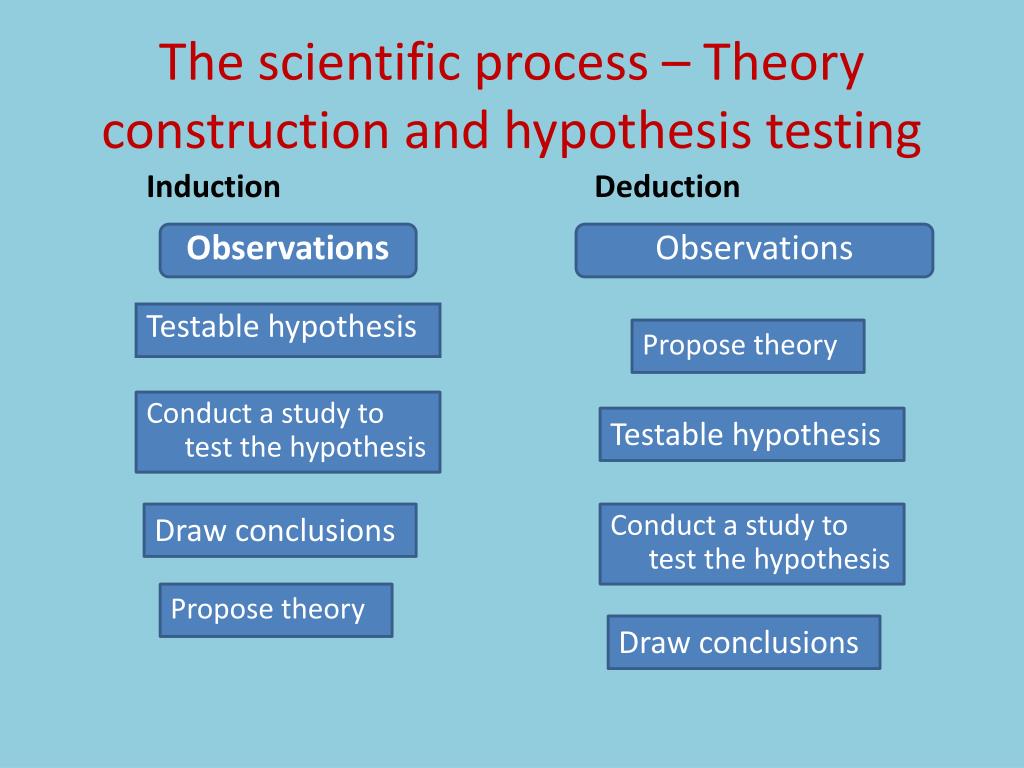 (credit: “Didius”/Wikimedia Commons)
(credit: “Didius”/Wikimedia Commons)Humanism has been influential to psychology as a whole. Both Maslow and Rogers are well-known names among students of psychology (you will read more about both men later in this text), and their ideas have influenced many scholars. Furthermore, Rogers’ client-centered approach to therapy is still commonly used in psychotherapeutic settings today (O’hara, n.d.)
Behaviourism’s emphasis on objectivity and focus on external behaviour had pulled psychologists’ attention away from the mind for a prolonged period of time. The early work of the humanistic psychologists redirected attention to the individual human as a whole, and as a conscious and self-aware being. By the 1950s, new disciplinary perspectives in linguistics, neuroscience, and computer science were emerging, and these areas revived interest in the mind as a focus of scientific inquiry. This particular perspective has come to be known as the cognitive revolution (Miller, 2003). By 1967, Ulric Neisser published the first textbook entitled Cognitive Psychology, which served as a core text in cognitive psychology courses around the country (Thorne & Henley, 2005).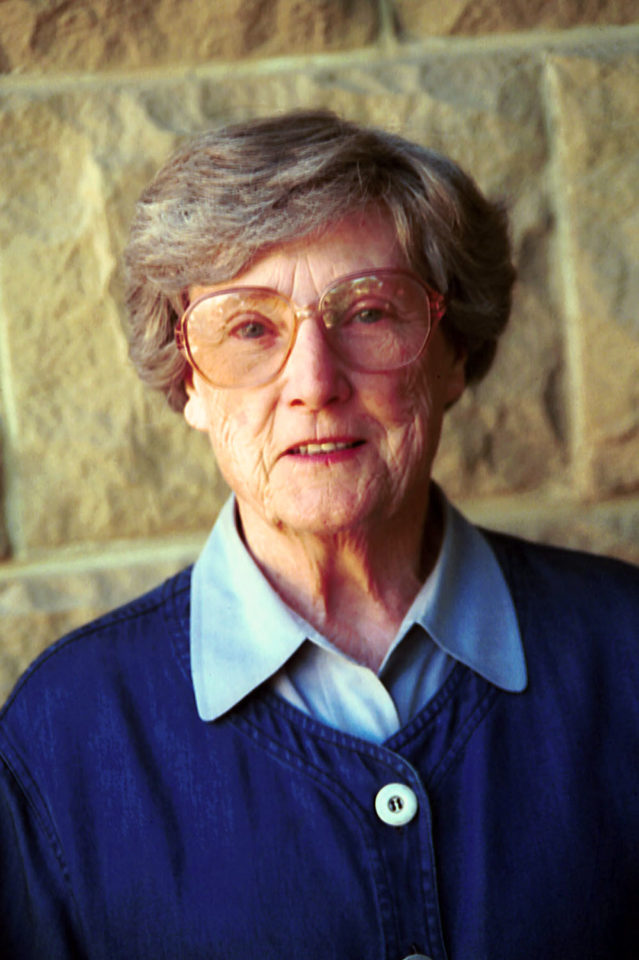 Although no one person is entirely responsible for starting the cognitive revolution, Noam Chomsky was very influential in the early days of this movement. Chomsky (1928–), an American linguist, was dissatisfied with the influence that behaviourism had had on psychology. He believed that psychology’s focus on behaviour was short-sighted and that the field had to re-incorporate mental functioning into its purview if it were to offer any meaningful contributions to understanding behaviour (Miller, 2003).
Although no one person is entirely responsible for starting the cognitive revolution, Noam Chomsky was very influential in the early days of this movement. Chomsky (1928–), an American linguist, was dissatisfied with the influence that behaviourism had had on psychology. He believed that psychology’s focus on behaviour was short-sighted and that the field had to re-incorporate mental functioning into its purview if it were to offer any meaningful contributions to understanding behaviour (Miller, 2003).
European psychology had never really been as influenced by behaviourism as had American psychology; and thus, the cognitive revolution helped reestablish lines of communication between European psychologists and their American counterparts. Furthermore, psychologists began to cooperate with scientists in other fields, like anthropology, linguistics, computer science, and neuroscience, among others. This interdisciplinary approach often was referred to as the cognitive sciences, and the influence and prominence of this particular perspective resonates in modern-day psychology (Miller, 2003).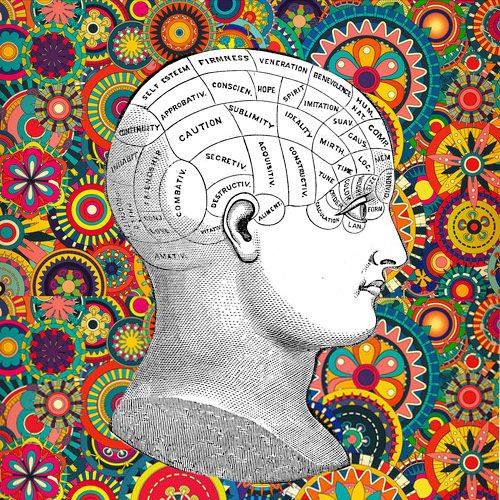
Feminist Psychology
The science of psychology has had an impact on human wellbeing, both positive and negative. The dominant influence of Western, white, and male academics in the early history of psychology meant that psychology developed with the biases inherent in those individuals, which often had negative consequences for members of society that were not white or male. Women, members of ethnic minorities in both the United States and other countries, and individuals with sexual orientations other than heterosexual had difficulties entering the field of psychology and therefore influencing its development. They also suffered from the attitudes of white, male psychologists, who were not immune to the nonscientific attitudes prevalent in the society in which they developed and worked. Until the 1960s, the science of psychology was largely a “womanless” psychology (Crawford & Marecek, 1989), meaning that few women were able to practice psychology, so they had little influence on what was studied.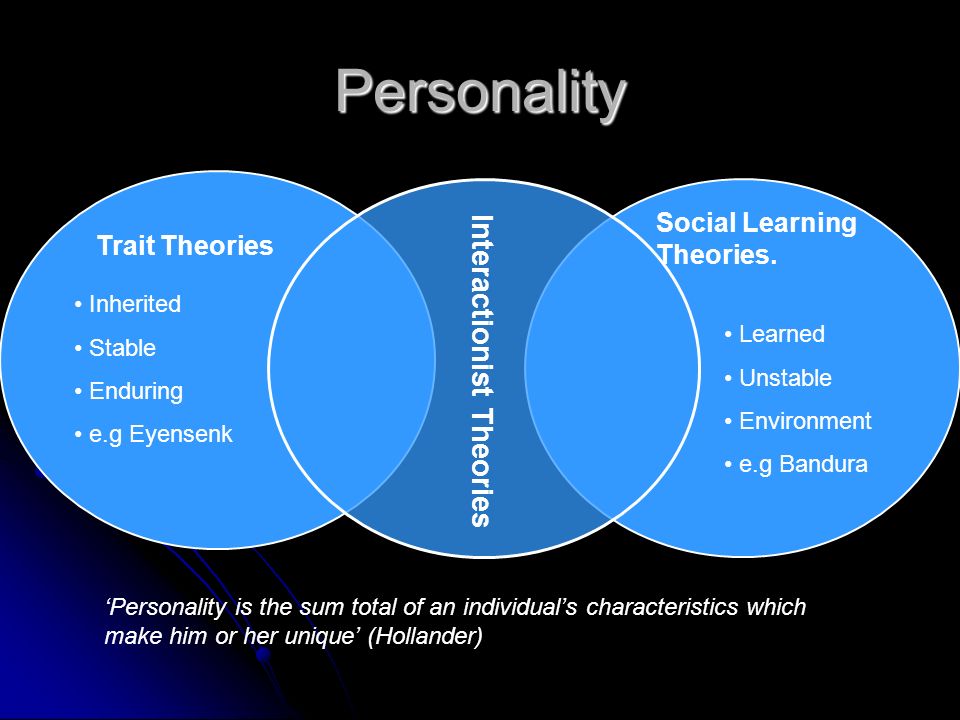 In addition, the experimental subjects of psychology were mostly men, which resulted from underlying assumptions that gender had no influence on psychology and that women were not of sufficient interest to study.
In addition, the experimental subjects of psychology were mostly men, which resulted from underlying assumptions that gender had no influence on psychology and that women were not of sufficient interest to study.
An article by Naomi Weisstein, first published in 1968 (Weisstein, 1993), stimulated a feminist revolution in psychology by presenting a critique of psychology as a science. She also specifically criticized male psychologists for constructing the psychology of women entirely out of their own cultural biases and without careful experimental tests to verify any of their characterizations of women. Weisstein used, as examples, statements by prominent psychologists in the 1960s, such as this quote by Bruno Bettleheim: “. . . we must start with the realization that, as much as women want to be good scientists or engineers, they want first and foremost to be womanly companions of men and to be mothers.” Weisstein’s critique formed the foundation for the subsequent development of a feminist psychology that attempted to be free of the influence of male cultural biases on our knowledge of the psychology of women and, indeed, of both genders.
Crawford & Marecek (1989) identify several feminist approaches to psychology that can be described as feminist psychology. These include re-evaluating and discovering the contributions of women to the history of psychology, studying psychological gender differences, and questioning the male bias present across the practice of the scientific approach to knowledge.
Culture has important impacts on individuals and social psychology, yet the effects of culture on psychology are under-studied. There is a risk that psychological theories and data derived from white, North American settings could be assumed to apply to individuals and social groups from other cultures and this is unlikely to be true (Betancourt & López, 1993). One weakness in the field of cross-cultural psychology is that in looking for differences in psychological attributes across cultures, there remains a need to go beyond simple descriptive statistics (Betancourt & López, 1993). In this sense, it has remained a descriptive science, rather than one seeking to determine cause and effect. For example, a study of characteristics of individuals seeking treatment for a binge eating disorder in Hispanic American, African American, and Caucasian American individuals found significant differences between groups (Franko et al., 2012). The study concluded that results from studying any one of the groups could not be extended to the other groups, and yet potential causes of the differences were not measured.
For example, a study of characteristics of individuals seeking treatment for a binge eating disorder in Hispanic American, African American, and Caucasian American individuals found significant differences between groups (Franko et al., 2012). The study concluded that results from studying any one of the groups could not be extended to the other groups, and yet potential causes of the differences were not measured.
Activity: Browse an Interactive Timeline
Click on this link to access an interactive timeline of the history of psychology: http://www.learner.org/series/discoveringpsychology/history/history_flash.html
Source
OpenStax, Psychology. OpenStax CNX. Download for free at http://cnx.org/contents/[email protected].
5 "Founding Fathers" of Psychology
5 “Founding Fathers” of Psychology Joy 2022-02-03T21:13:13+00:00
5 Men Who Developed the Field of Psychology
- Sigmund Freud
- Carl Jung
- William James
- Ivan Pavlov
- Alfred Adler
Whether you build a career in it, major in it, or just walk around being an average human, psychology is a huge part of your life every single day. Psychology is the study of the mind and all of its infinite functions. Having a basic understanding of psychology helps us be our best selves and relate most effectively with others. Here is an introduction to five of the founders of psychology.
Psychology is the study of the mind and all of its infinite functions. Having a basic understanding of psychology helps us be our best selves and relate most effectively with others. Here is an introduction to five of the founders of psychology.
Related resource: Ranking Top 40 Doctoral Programs in Clinical Psychology
Sigmund Freud
Doctor Sigmund Freud probably thought of himself as the original Founding Father of Psychology, and many other people would agree. His is a name that most people have at least heard once or twice before ever stumbling into their first introduction to psychology course. He actually began his career as a biologist and physiologist in Vienna, but he was one of the first documented scientists to manifest his intense curiosity for the human mind and the observable behaviors it produces. His approach to psychology was deep, and frequent analysis of people’s past traumas, connecting these experiences with present problematic behaviors and assisting patients in resolving said traumas to eliminate said behavioral responses.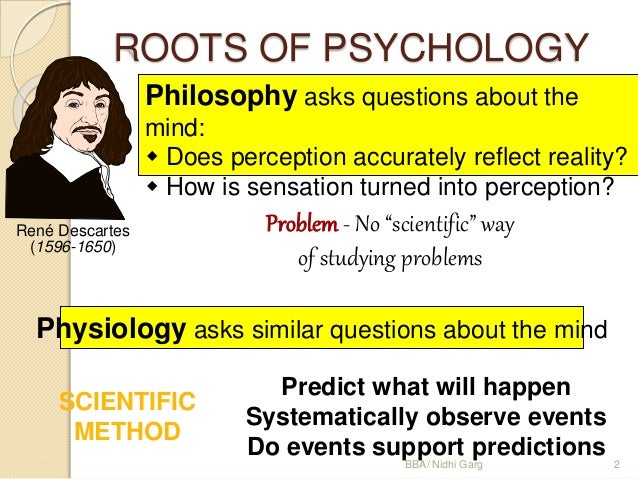
Carl Jung
Doctor Carl Jung was a student, turned colleague, turned competitor of Sigmund Freud. Jung was just as interested as Freud in the influence human subconscious and unconscious processes on observable behaviors. However, Jung branched out into what he termed the collective unconscious. His psychological research focused less on a deep dive into an individual’s past and more on the invisible connections between all people and the universe as a whole. He believed that we are all striving for individuation within this collective system, and the ability to use both our conscious and unconscious minds.
William James
American psychologist Doctor William James is best known for two contributions to the field of psychology. First, he pioneered the focus of psychology to include emotions as well as thoughts and behaviors. He conceptualized emotion as a secondary reaction to our physiological reactions to various stimuli. While modern researchers have since discovered that this is true only some of the time, this theory was revolutionary for James’s time.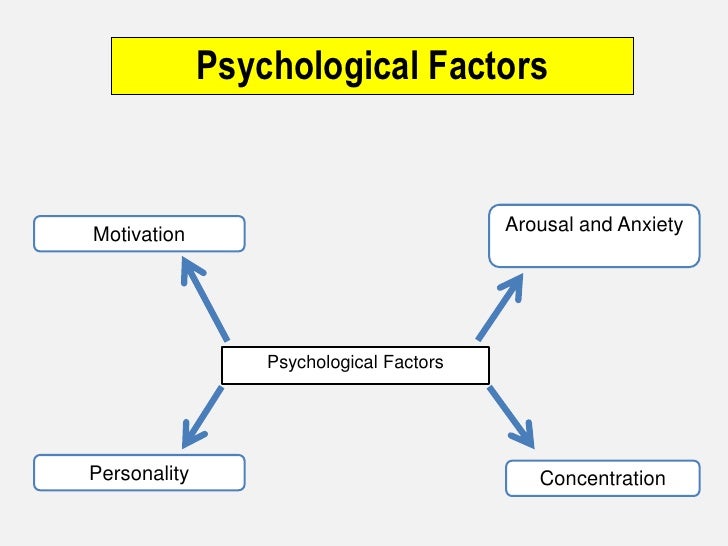 Second, James was an American, and the first person to bring psychology to the United States through his studies and work at Harvard University in the 20th century.
Second, James was an American, and the first person to bring psychology to the United States through his studies and work at Harvard University in the 20th century.
Ivan Pavlov
It is debatable whether or not Doctor Ivan Pavlov should be considered a Founding Father of Psychology because he was purely a biologist. Nevertheless, his discoveries in animal behaviorism laid a foundation for consequential work in human behaviorism that never would have existed otherwise. Specifically, Pavlov discovered the roles of rewards and punishments on behaviors, a concept foreign to none of us. From parenting and managing a classroom, to gambling and purchasing that tenth cup of coffee in order to earn a free one on a punch card, our society is driven by consequences. The New York Times offers an insightful account of the modern human equivalents we have become to the dogs that Pavlov studied so many years ago. Pavlov is also considered an early leader in experimental psychology.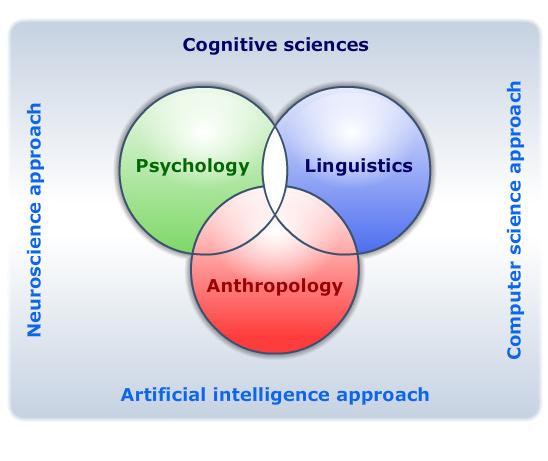
Alfred Adler
Alfred Adler is vital to the development of psychology. He came along and challenged psychologists to dive deeper than ever into the emotional processes of being human. His original theory focused mainly on the need to feel desired and appreciated by others. This led him to important contributions in social interactions and the pursuit of happiness and emotional fulfillment. His goal was to help people rid themselves of insecurities in order to make room for their successes.
These five gentlemen are only a handful of the intelligent and driven individuals who have shaped the history of psychology over the years. Other notables include B.F. Skinner, John B. Watson, Edward Titchener, the German Wilhelm Wundt (dubbed the father of modern psychology), and Carl Rogers, to name but a few. However, these Founding Fathers are dubbed so because they laid the groundwork upon which we have built what we now understand about the human mind and dynamic process through which it shapes our individual and shared experiences. The more we know about the world they created, the more we know about ourselves.
The more we know about the world they created, the more we know about ourselves.
Who were the three pioneers of psychology?
There are a number of important psychologists who are considered the “pioneers” of psychology, though the exact number probably depends on to whom you are speaking. Generally, Alfred Adler, Sigmund Freud, Carl Jung, and B.F. Skinner are included on lists of those who most paved the way for modern psychologists.
Is Sigmund Freud the father of psychology?
Though Sigmund Freud is certainly one of the most famous psychologists in history, it is actually Wilhelm Wundt who is considered the “father of psychology.” Wundt established the very first psychology laboratory in Leipzig, Austria, and it is because of him that psychology became accepted as a scientific discipline.
Who is the father of behaviorism?
John B. Watson is considered the “father of behaviorism” for having founded the idea of classical behaviorism, the psychological theory that says our behavior is a conditioned response to our environment.
The history of psychology as a science and the period of its formation
Psychological science has been developing for many hundreds of years, acquiring new knowledge, techniques, methods, concepts, theories. Ancient authors paid attention to the problems of the human soul, consciousness, mind. The history of psychology has several main stages, each of which influenced the development of science.
Subject and methods of study
Psychology is an independent science that studies patterns, mechanisms, and facts of mental life. If we talk about history, it can tell how theories, the main directions, gradually opened up to the human mind.
Tasks of psychology:
- The study of personality, its individual development in relation to science itself.
- The study of various laws of the psyche.
- The study of social, biological properties of personality.
The methods used by researchers in the history of psychology differ from those used by general psychology.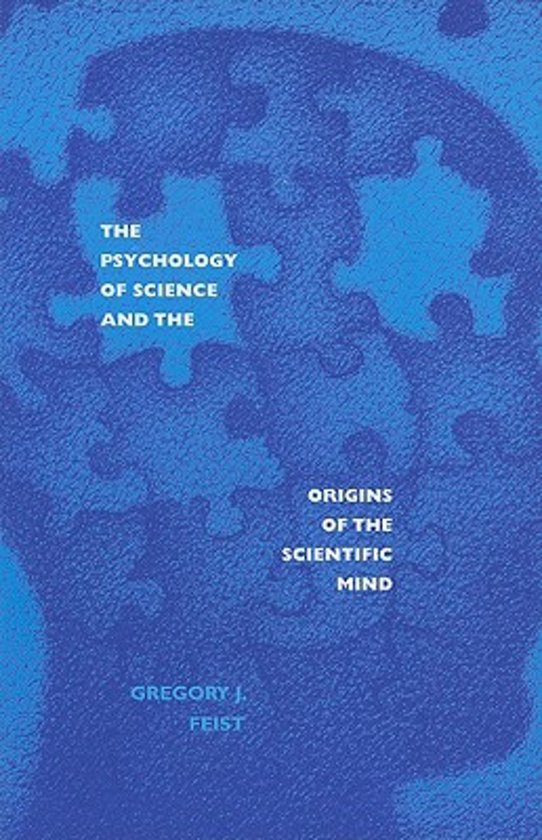 Basic methods:
Basic methods:
- Analysis of scientific references. Researchers determine what historical documents, theories, appeared in a certain time period, how they influenced the development of society.
- Study of archival materials. Finding ancient sources of information, deciphering them, supplying notes, footnotes.
- Interviewing - studying the biography of a famous scientist. To do this, he is asked a series of pre-composed questions that allow him to obtain information about a person without frightening him.
- Categorical analysis. Accounting for certain conditions in society that contribute to the development of certain concepts, schools.
- Systematization of scientific statements, their decoding, depending on the discovery made, the surrounding situation at a certain point in time.
- Theoretical reconstruction. Description of scientific systems of the past, their analysis.
- Autobiographical, biographical method of study.
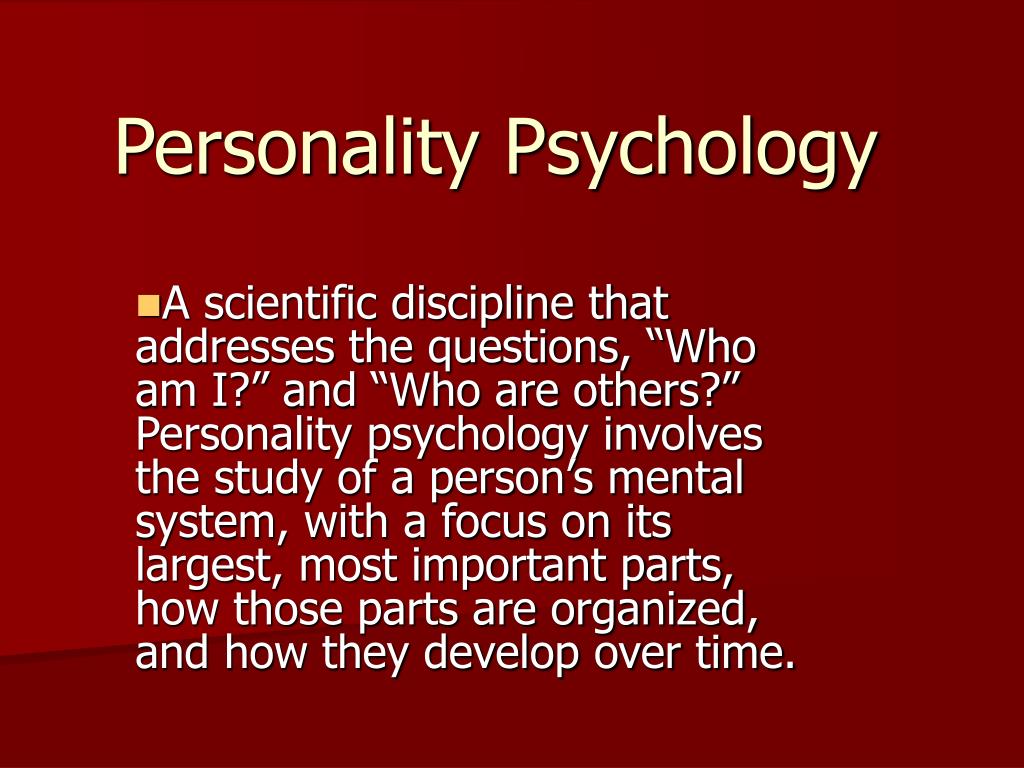 A method designed to recreate the atmosphere in which certain scientists lived.
A method designed to recreate the atmosphere in which certain scientists lived. - Historical-functional method. The analysis of the ideas expressed by scientists in different time periods is carried out.
- Historical and genetic study. Study of the development of science in certain time periods, factors influencing the emergence of new discoveries.
The history of general psychology is an important science, the study of which uses the following sources:
- psychiatry, medicine;
- fiction;
- military practice;
- art in its various manifestations;
- practices of education, training;.
- documents written by psychologists in the past;
- historical materials;
- ethnography, anthropology.
The methods by which historical-psychological research is carried out are of three types - planning, interpretation, proof.
Separation into a separate science
The history of the emergence and formation of psychology takes a huge period of time, which lasts for millennia.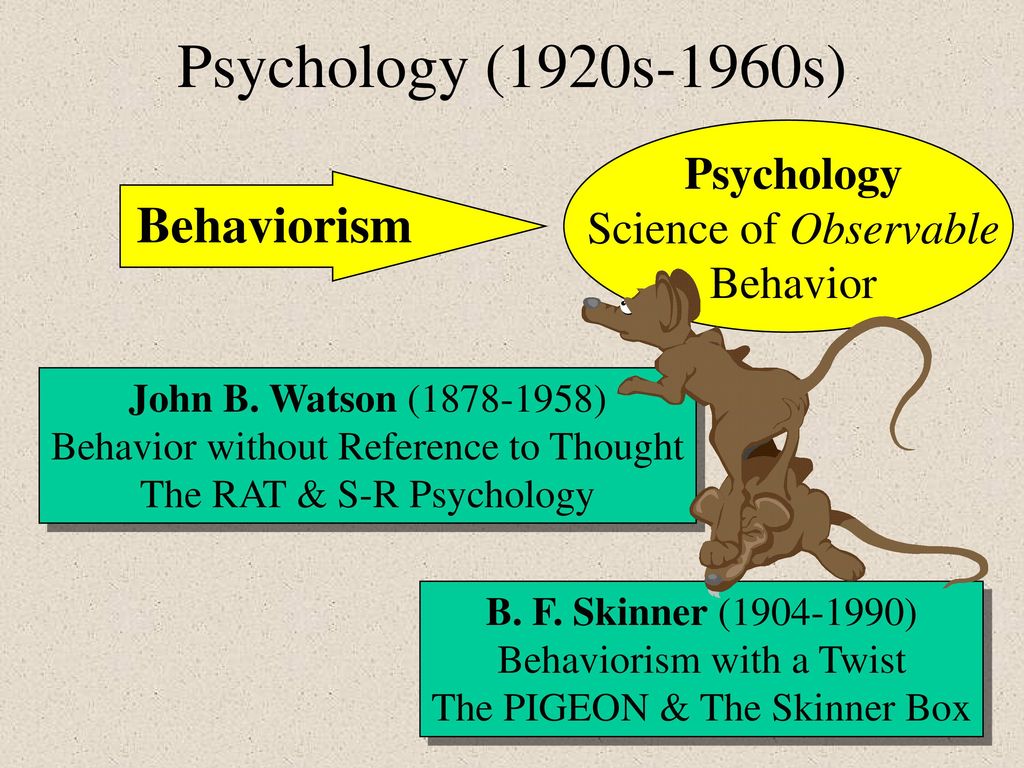 As a separate science, psychology began to stand out only in the second half of the 19th century. By this time, a large amount of disparate psychological knowledge had accumulated, which had to be systematized, separated from other teachings and directions.
As a separate science, psychology began to stand out only in the second half of the 19th century. By this time, a large amount of disparate psychological knowledge had accumulated, which had to be systematized, separated from other teachings and directions.
The founder of psychological science was W. Wundt. His work "Fundamentals of Physiological Psychology", which was written in 1873-1874, combined a lot of accumulated knowledge into a separate teaching. The scientist called it physiological psychology.
In 1879, Wundt founded an experimental psychological laboratory in Leipzig. Then the first experimental psychologists appeared. The main subject studied by novice specialists was the study of their own consciousness and behavior.
Another psychologist, W. James, spread Wundt's combined knowledge throughout America. Subsequently, he became the first professor of this science at Harvard University.
Another famous scientist who contributed to the history of psychology is E.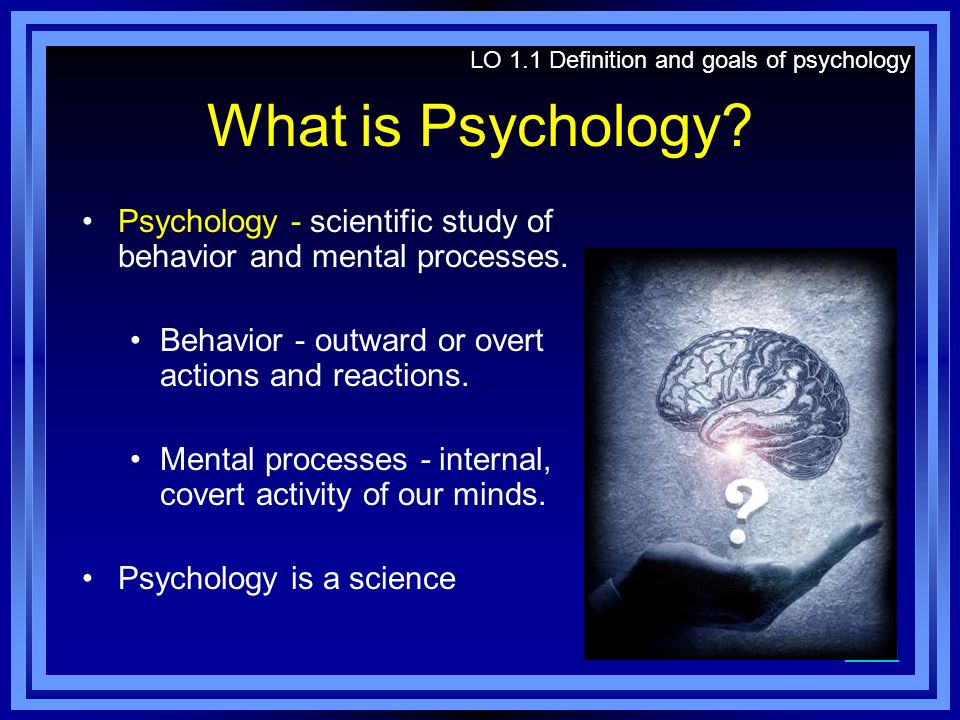 Titchener. He graduated from Oxford University, after which he worked for Wundt. Having adopted knowledge from a teacher, he returned to America and created a scientific school of experimental psychology at Cornell University.
Titchener. He graduated from Oxford University, after which he worked for Wundt. Having adopted knowledge from a teacher, he returned to America and created a scientific school of experimental psychology at Cornell University.
Main representatives and schools
There are different schools that have formed over time:
- Freudianism. This is a school founded by Sigmund Freud at the beginning of the 20th century. This scientist drew attention to the unconscious (what is hidden outside of consciousness), began to conduct research to study it. Freud argued that not always the subject can control his actions, change behavior. There are actions that are unconscious. Their study is carried out by interpreting involuntary movements, deciphering dreams.
- Reflexology. The founders of this school are I.P. Pavlov, V.M. Bekhterev. Both scientists studied the processes occurring in the brain, changes in the state of the nervous system under the influence of extraneous stimuli.
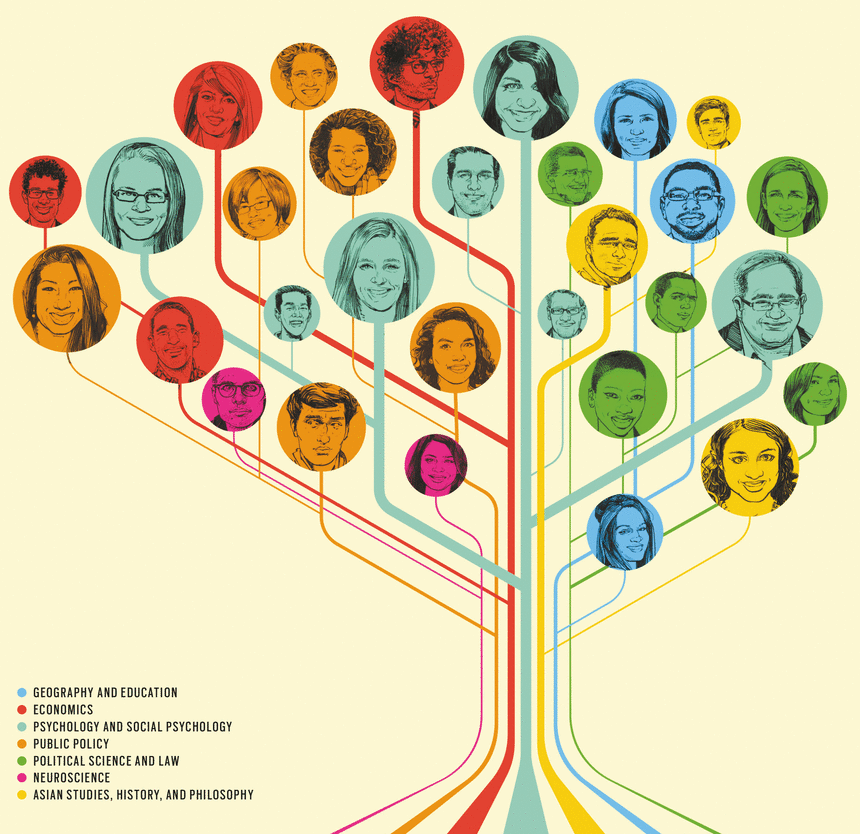
- Genetic psychology developed by Swiss psychologist J. Piaget. He created his own theory of the development of intelligence. The psychologist argued that only mental development can give a person a correct idea of the world around him.
- Classical behaviorism. J. Watson is considered the founder of this school. He called human behavior a complex of innate, acquired reactions. At the same time, behaviorism did not divide people, animals into separate groups, and almost completely denied the importance of consciousness in people's lives.
- Cognitive psychology. This school of psychological science emerged under the influence of the rapid development of computer technology. Cognitive psychology studies the dependence of people's behavioral reactions on the cognitive maps at their disposal.
- Gestalt psychology is a theory that attempts to protect the integrity of the psyche. Supporters of this school argued that electromagnetic fields constantly arise in the brain, which interact with each other.

- Descriptive psychology. V. Dilthey is considered the founder of this school. He argued that life is a collection of creative instincts that form the only reality.
- Humanistic psychology. This direction appeared in the 60s of the 20th century. It is built on optimistic worldviews. Humanists believe in the creative possibilities of any person, his ability to independently choose his own destiny.
The most prominent representatives of psychology who have made a great contribution to the development of science:
- Piaget Jean - years of life from 1896 to 1980. He is the founder of genetic epistemology. For a long time he studied the development, thinking of children. After that, he began to study the degree of development of intelligence.
- Eysenck Hans Jürgen - years of life from 1916 to 1997. Psychologist from England, who founded the clinical and psychological direction of research. Managed his own laboratory in London.

- Wundt Wilhelm - years of life from 1832 to 1920. A famous scientist from Germany who studied psychology, philosophy, physiology, various languages. He was the first to combine psychological knowledge into a separate science, created a laboratory for practical exercises.
- Watson John Broadus - years of life from 1878 to 1958. An American scientist who became the founder of behaviorism. He urged other researchers to rely on objective research methods.
- Sigmund Freud - years of life from 1856 to 1939. Austrian psychologist who created psychoanalysis. For a long time he was engaged in practical medicine, as a result of which he concluded that many pains depend on the psychological state of a person.
- Jung Carl Gustav - years of life from 1875 to 1961. Scientist from Switzerland, who initially collaborated with Sigmund Freud, but later created his own direction - analytical psychology. He determined that the behavior and development of people are influenced not only by individual characteristics, but also by the impact of society.
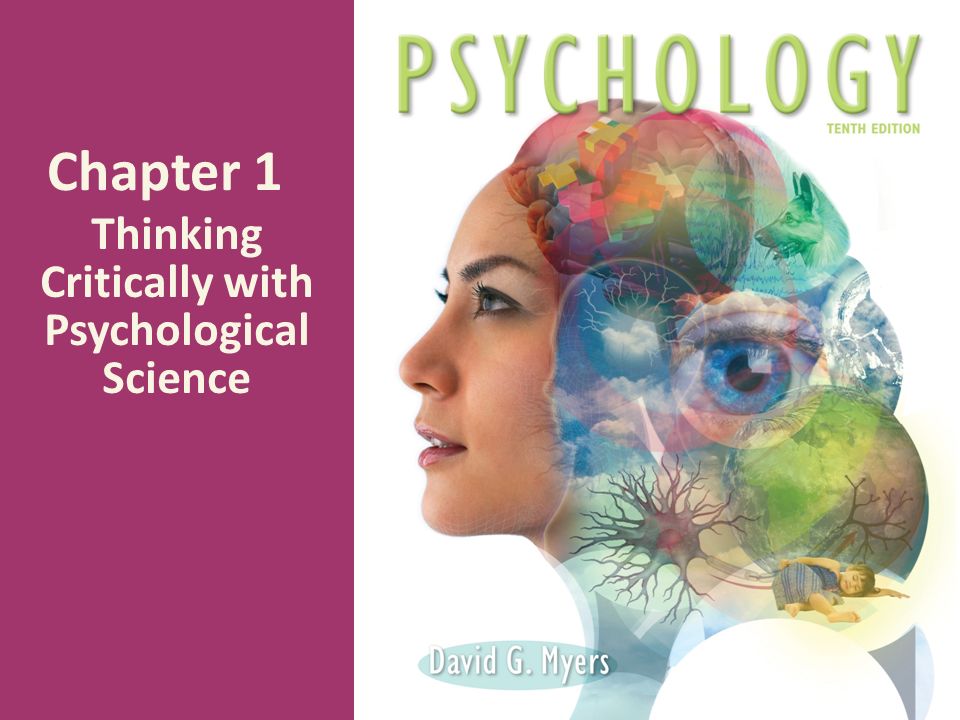
- Pavlov Ivan Petrovich - years of life from 1849 to 1936. Studied the activity of the brain, the nervous system. For the first time he singled out conditioned reflexes. Created his own international scientific school.
- Sergei Leonidovich Rubinshtein - years of life from 1889 to 1960. Famous philosopher, psychologist, who was a correspondent for the USSR Academy of Sciences. Developed the principles of personal approach, determinism. Summarized some achievements of psychological science.
- Vygotsky Lev Semenovich - years of life from 1896 to 1934. One of the scientists who began to spread the psychological doctrine in the USSR. He laid the main foundations of Russian psycholinguistics.
- Bekhterev Vladimir Mikhailovich - years of life from 1857 to 1927. Scientist who studied neuropathology, psychology, physiology. In Russia, he opened an experimental laboratory, and after that he founded the Psychoneurological Institute, which exists to this day.

These are far from all the most famous scientists who have contributed to the development of psychological science.
Development in different periods
Throughout history, psychology has developed in many countries, new schools, theories, and directions have appeared. There are several main historical stages, without which it is impossible to imagine this science in the form in which it is.
Ancient times
The first information about the new emerging science appeared in the 7th century BC. Then the new teachings belonged to natural philosophy, which studied the laws of everything that exists in the world. People of that time believed that everything around had a soul - both living organisms and inanimate objects. The teachings of Heraclitus played an important role in the development of science.
In the later periods of antiquity, researchers argued that the soul is the source of morality, reason. The main factor is culture. Gradually, the psychology of consciousness emerged.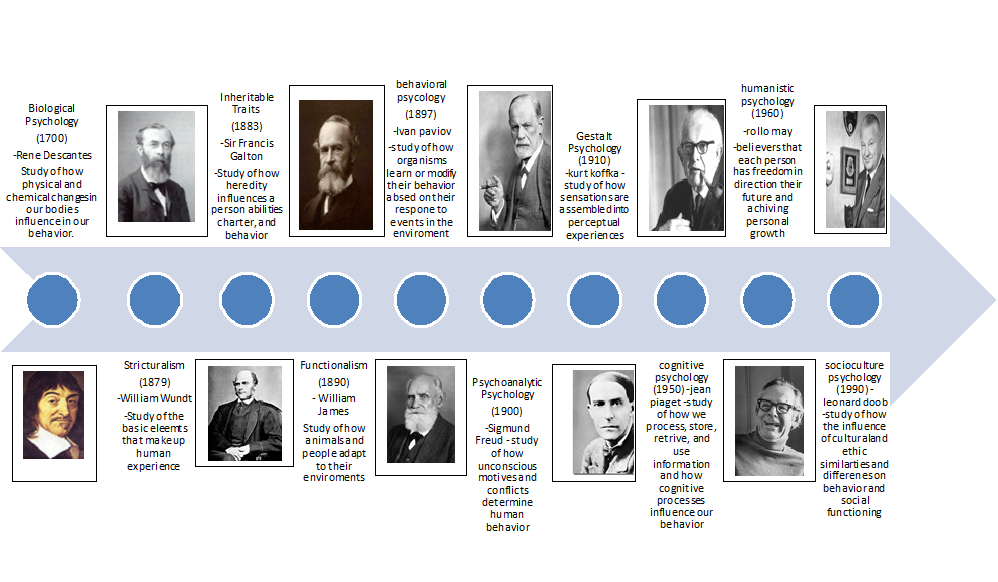 It was developed by Aristotle, Plato. Scientists singled out two directions:
It was developed by Aristotle, Plato. Scientists singled out two directions:
- Rationalism - its henchmen said that it is possible to obtain universal knowledge only with the development of the mind.
- Sensationalism - knowledge that is based on sensations.
Only by the period of Hellenism did researchers come to the study of the relationship between the individual and society.
Middle Ages
During the Middle Ages, any science was closely connected with religion. Psychology is no exception. In the period from the 3rd to the 4th centuries, ancient concepts were banned in the territory of the Christian world. They were considered pagan and anyone who resorted to studying them was excommunicated, outcast or executed. Philosophy schools were first closed and then forced out of Europe. Philosophical, psychological teachings returned only by the 9th century.
Beginning in the 12th century, the first universities began to appear in Europe. In the 13th century, psychologists began to study the corporeal soul of a person, without affecting the spiritual, which was defended by the church. By the 15th century, the works of ancient authors were publicized and became available to ordinary peasants.
In the 13th century, psychologists began to study the corporeal soul of a person, without affecting the spiritual, which was defended by the church. By the 15th century, the works of ancient authors were publicized and became available to ordinary peasants.
New time
During the New time the development of psychological science was greatly influenced by new scientific approaches - rationality, evidence-based theories. Psychologists cease to study the external manifestations of human activity, they are interested in the development of consciousness. An active struggle began between rationalistic and sensationalist approaches.
The scientist R. Descartes created a special theory of the reflex, in which he described the involuntary movements made by man, the behavior of animals. Later he introduced the concept of the light of reason or rational intuition.
18th century
The development of psychological science in the 18th century was strongly influenced by the ideas of progress. In 1750, the first direction of psychology appeared - associationism. It was an autonomous branch of psychological science, which remained the only one until the 20th century. D. Berkeley, D. Huma, S. Bonnet actively developed this direction.
In 1750, the first direction of psychology appeared - associationism. It was an autonomous branch of psychological science, which remained the only one until the 20th century. D. Berkeley, D. Huma, S. Bonnet actively developed this direction.
German psychologist H. Wolf published works - "Empirical Psychology", "Rational Psychology". J. J. Rousseau wrote that any person is kind from birth, but society eventually instills in him many negative aspects that affect his behavior and later life.
XIX - early XX centuries.
The scientist O. Comte compiled a classification of various sciences, which did not include psychology. This was due to the fact that it does not have a scientific paradigm. Because of this, psychological science faced the abyss of losing the status of a separate direction. The second option concerned the merger of this science with sociology or biology. To maintain the autonomous status, it was necessary to develop a methodology. In a short time, several practical methods have been proposed:
- experimental approach;
- genetic surveillance;
- logical method;
- development, trial-error analysis.
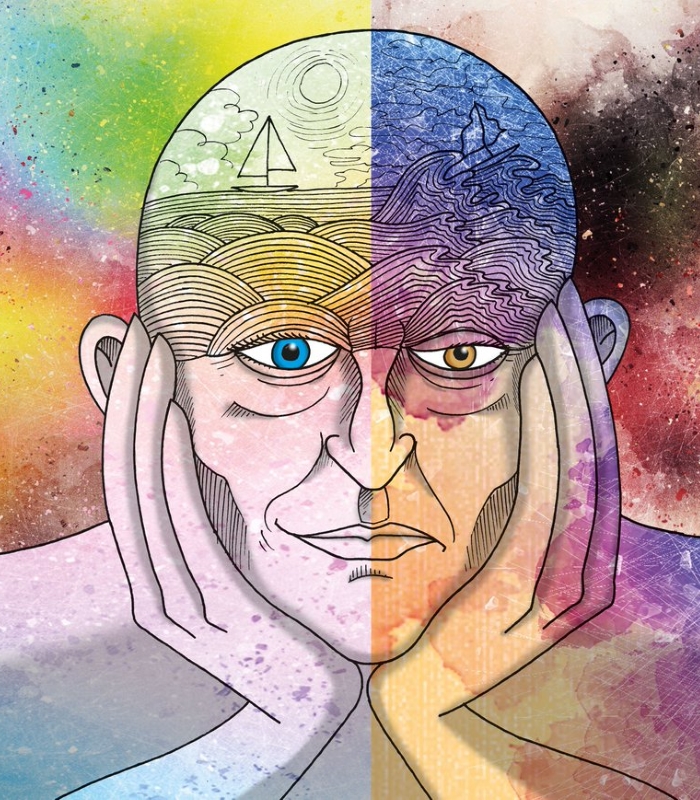
When Darwin's theory appeared, there was a complete rejection of mechanistic determinism. New branches began to appear in psychological science:
- zoopsychology;
- genetic research;
- differential studies.
By the beginning of the twentieth century, psychological science consisted of many schools, whose representatives pursued individual goals, used their own methods for obtaining new information.
XX — early XXI centuries.
The period from 1910 to the 1930s is a crisis for psychology. At this time, many discrepancies appeared in the theoretical base accumulated over time. Because of this, new directions began to appear, which distributed the accumulated knowledge among themselves:
- sociologically oriented psychology;
- psychoanalysis created by Freud;
- Jung's analytical psychology;
- gestalt psychology;
- behaviorism.
In the middle of the 20th century, several more directions appeared:
- cognitive psychology;
- logotherapy;
- humanistic psychology.
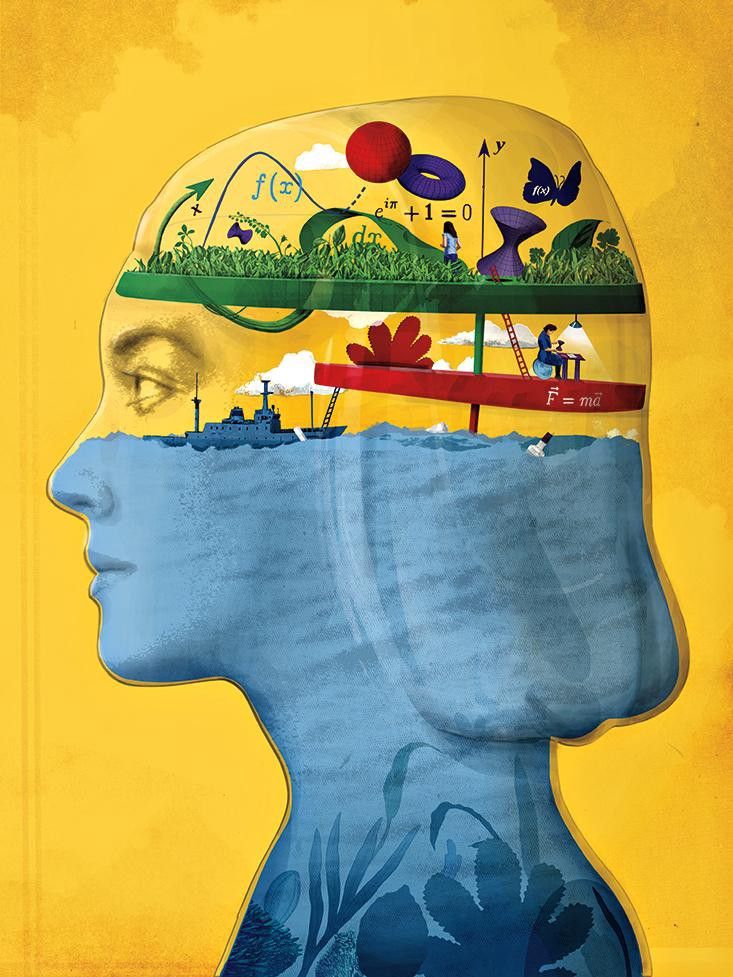
Each of the presented directions developed independently from each other. Their followers developed new techniques, collected information of interest, and conducted experiments.
Present
There is a huge number of psychological teachings, each of which has certain features, studies certain aspects of human life and behavior.
Psychology became a separate science only in the second half of the 19th century, but for the first time the doctrine appeared in Ancient Greece. Over time, a lot of theoretical knowledge accumulated, which had to be distributed in separate areas, systematized. After that, psychological schools appeared that dealt with various aspects of human life.
Useful video
From the video you will learn about the history of the formation of psychology as a science.
A Brief History of Psychology: From Antiquity to the Present Day
Have you heard of Sigmund Freud? Surely yes.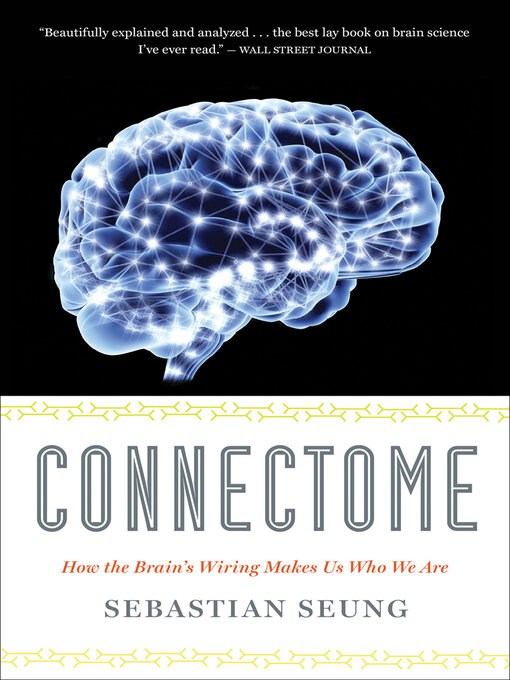 Someone will even be able to flaunt a quote from a famous psychoanalyst. But it is not only Freud who is alive in psychological science! It has developed over many centuries and is rich in people who pondered and drew conclusions about the nature of the soul, mind, and psyche.
Someone will even be able to flaunt a quote from a famous psychoanalyst. But it is not only Freud who is alive in psychological science! It has developed over many centuries and is rich in people who pondered and drew conclusions about the nature of the soul, mind, and psyche.
We invite you to expand your horizons and get acquainted with the ideas of outstanding thinkers, as well as learn how psychology turned from a speculative discipline into a real science.
Psychology in the Ancient World
The history of psychology begins with Ancient Egypt. It was there around 1550 BC. e. The Ebers Papyrus was created - a collection of medical texts, one of the oldest works containing medical knowledge. It is the first to mention mental conditions such as dementia and depression.
But the earliest psychological experience is the experiment of Pharaoh Psammetichus I, described by the ancient Greek historian Herodotus in the book "History". In order to determine which race was the most ancient - the Egyptians or the Phrygians, the pharaoh did the following: he gave the shepherd two newborn children and ordered them to be raised in a remote hut. The main condition of the experiment was complete silence, i.e. the shepherd was forbidden to talk in the presence of babies. In this way, Psammetichus I wanted to find out in which language the very first word would be uttered by children, and in accordance with this, draw a conclusion about the most ancient race.
The main condition of the experiment was complete silence, i.e. the shepherd was forbidden to talk in the presence of babies. In this way, Psammetichus I wanted to find out in which language the very first word would be uttered by children, and in accordance with this, draw a conclusion about the most ancient race.
After 2 years, the long-awaited "bekos" came from the children's lips. It turned out that this is a Phrygian word for "bread". So the Egyptians decided that the Phrygians were an older race than themselves [Waterfield R., Dewald C., 1998].
If we consider psychology as a discipline that studies the mind, then the philosophers of ancient Greece, of course, were the first to contribute to its development. For them, understanding the structure of the soul and mind was an important part of intellectual research. The theories of the ancient Greeks were closely related to ethical, physical and metaphysical concepts. Let's see how their thought developed.
Thales and Anaximenes
Thales and Anaximenes were Greek thinkers who were more interested in cosmogony and cosmology than in the study of man.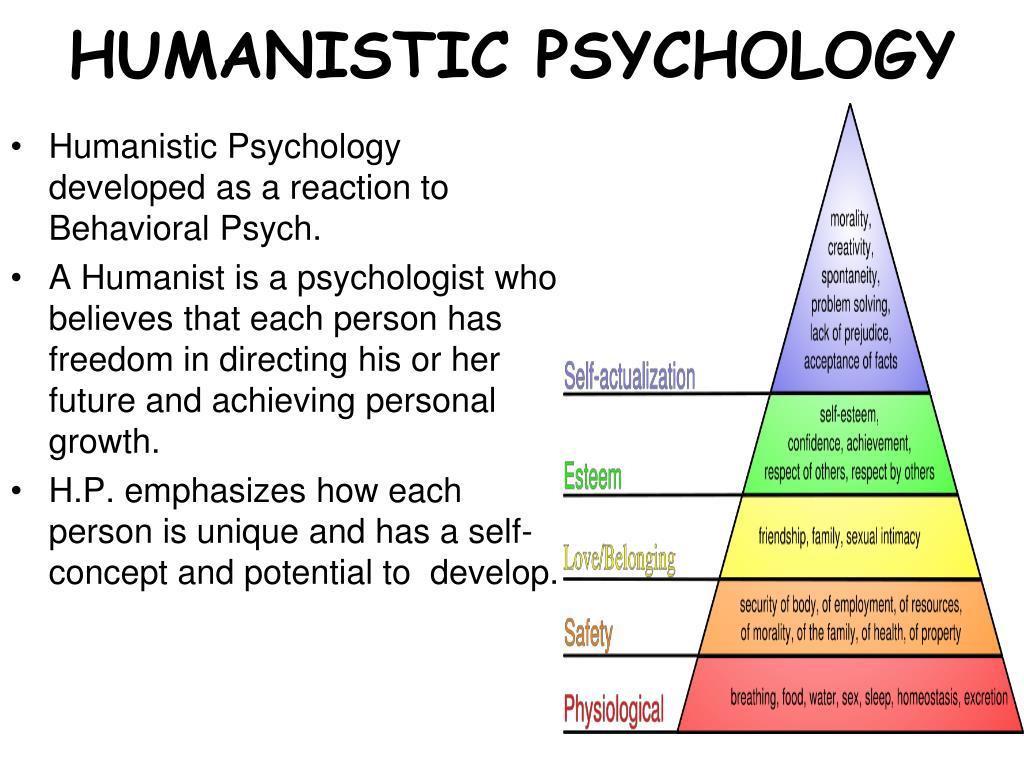 Thales of Miletus believed that the whole world has a soul. He considered it as a source of life and movement.
Thales of Miletus believed that the whole world has a soul. He considered it as a source of life and movement.
Thales' compatriot Anaximenes concretized this concept by drawing an analogy between the human soul and the matter that, in his opinion, surrounded the cosmos. Both he identified with air or breath. Such a comparison meant that the human soul performs a vital function.
The idea of the unified nature of cosmic space and the human soul belongs to that set of ideas that gave rise to faith in the soul as an element of God in man.
Heraclitus
Heraclitus of Ephesus was a philosopher who developed the above concepts. Unlike Anaximenes, he believed that the main material of the soul is fire. By fire, he most likely understood something similar to energy, and not fire as a material element.
Heraclitus believed that feelings are the first source of information
about the world, but they can be misleading when misinterpreted. If the soul correctly interprets feelings, then a person is able to know the Logos - the principle of organizing everything in the world or the truth.
Here you can trace a number of fundamentally new ideas for that time. First, the psyche (soul) began to be perceived as the recipient of sensory impressions. Secondly, by interpreting them, a person could understand the principle of the structure of the world, which is not amenable to strictly empirical research. Thirdly, the psyche and the Logos became identical concepts. Thus, Heraclitus wanted to say that the soul (psyche) has depths that cannot be comprehended [Green C. D.].
Empedocles
The philosopher and physician Empedocles gave a slightly more detailed description of the process of sensory perception and thinking. In his opinion, the Universe was a mixture of four elements: fire, water, earth and air, and it was controlled by two polar forces: love and struggle.
The model of perception, according to Empedocles, looked like this: each object continuously emitted tiny particles, and the person absorbed them through the pores in the sense organs.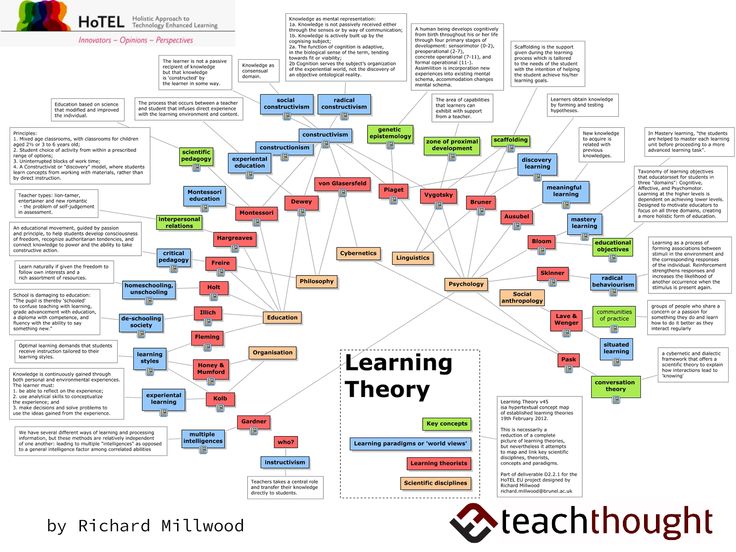 For example, fiery and watery secretions from external objects entered the fiery and watery pores of the eyes.
For example, fiery and watery secretions from external objects entered the fiery and watery pores of the eyes.
Speaking about thinking, the philosopher argued that the blood around the heart is the focus of human thought, and temperament depends on how balanced the four elements of existence are in it [Kingsley K. S., Parry R., 2020]. Today, such conclusions seem naive, but the ideas of Empedocles and other ancient philosophers were an important stage in the history of the formation of psychology as a science.
Anaxagoras and Democritus
Unlike Empedocles, Anaxagoras considered perception as a result of the interaction of opposites, believing that a person is able to recognize external heat due to the cold inside himself.
In the philosophical system of Anaxagoras, the dominant position was occupied by the concept of Reason, which was the governing force that created the cosmos from chaos by rotating previously immobile masses. According to Anaxagoras, the Mind is unique, primordial, eternal, autonomous, unlimited and self-sufficient, and is also part of the human being and acts as the leading force of the soul, which prevails over the body and completely adjusts its functions.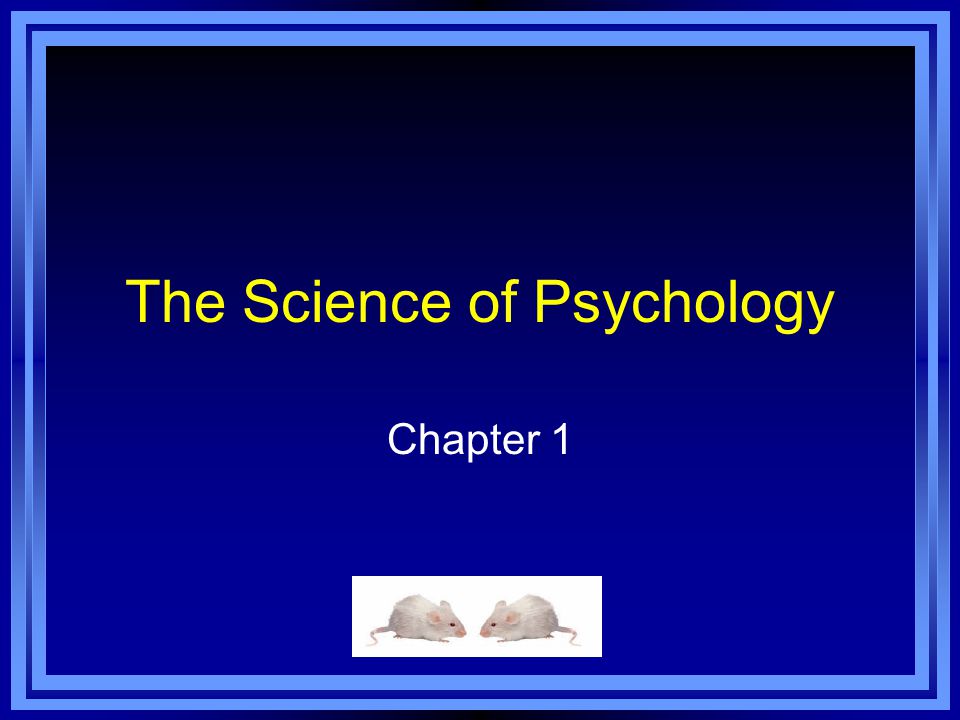
According to the philosopher Democritus, the soul was a network of spherical and mobile atoms, penetrating the entire structure of the body. He also supported the previously formed idea that it is similar in substance to the cosmos.
Socrates
As one of the greatest thinkers of antiquity, Socrates saw value not in celestial bodies, but in the vast universe of the human soul, and was the first to use the word "psyche" as the center of mind and character. He defined knowledge as a belief supported by rational explanation, and also believed that the truth is inside every person and cannot be imposed by authority from outside.
Using dialectics as the main method of seeking knowledge, Socrates argued that the best way to know your own inner world is to ask yourself questions and consciously reflect on the answers. It is easy to see that this approach is the basis of modern introspection and an integral part of any psychotherapy.
Plato
Plato was a student of Socrates.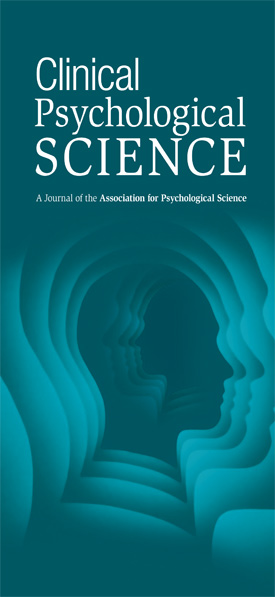 Based on the teacher's philosophy, he believed that all knowledge is given to a person from birth, and their comprehension is possible through an introspective study of one's inner experience. Plato was the founder of dualism in psychology, dividing a person into two independent and antagonistic elements: a material, imperfect body and a soul containing pure knowledge.
Based on the teacher's philosophy, he believed that all knowledge is given to a person from birth, and their comprehension is possible through an introspective study of one's inner experience. Plato was the founder of dualism in psychology, dividing a person into two independent and antagonistic elements: a material, imperfect body and a soul containing pure knowledge.
Aristotle
Plato's dualism was to some extent overcome by his disciple Aristotle, who adhered to the idea of the inseparability of soul and body.
He assumed that the mind is the result of mental activity, and assigned a great role to understanding the mental processes occurring inside the personality, including the work of the sense organs, thanks to which a person cognizes the environment.
Aristotle made an important conclusion about the purposes our actions serve, thus anticipating the ideas put forward in the 20th century by the eminent psychologists Alfred Adler and Edward Tolman.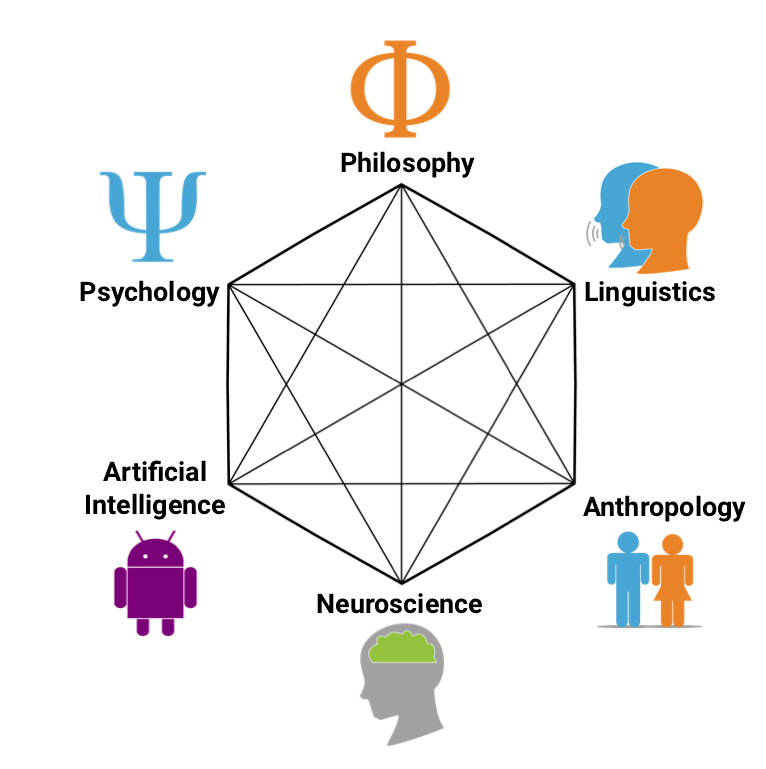 The ancient Greek philosopher argued that human actions are not meaningless, but always pursue the achievement of some goal, therefore it is not easy to understand behavior without reference to this intention.
The ancient Greek philosopher argued that human actions are not meaningless, but always pursue the achievement of some goal, therefore it is not easy to understand behavior without reference to this intention.
Aristotle also believed that every person strives to realize his potential. There are notes of self-actualization in this thought, a concept subsequently explored by psychiatrist Kurt Goldstein and psychologist Abraham Maslow.
As you can see, ancient philosophers make a significant contribution to our understanding of the world and ourselves. Some of their ideas may seem strange today, but they formed the basis of many fields of knowledge, including psychology.
If you're still interested and keep reading when you hear about these ideas, then chances are you have an inquisitive mind and love to develop. The need for knowledge is commendable! To facilitate this process, we invite you to the online program "The Best Self-Education Techniques". There you will learn special techniques that will help you better absorb any material you read, activate your thinking, study more productively and with interest.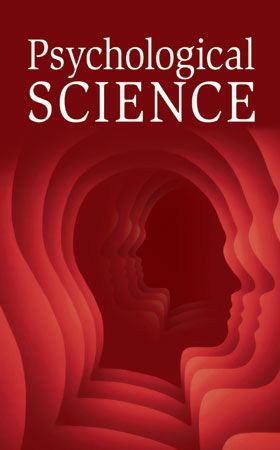
Psychology in the Middle Ages
The Middle Ages are often associated with witch hunts, superstitions and demonic possession. To a large extent this is true, but it is not the whole truth. Let's find out how things were in those days with the study of the mind and the development of psychological science.
In the Middle Ages, researchers sought to understand the relationship between man and God, so theological views spread to psychology. Western European theologians adhered to the idea that God was the creator, towering over all creatures, and people, being the pinnacle of his creation, possessed a soul that connects them with the divine. According to Christian ideas, a person was endowed with an inner spirit, which is separated from the soul and body, which reflected the belief in the tripartite nature of God.
The most prominent representative of the psychological thought of that time was Aurelius Augustine, who became the first philosopher who suggested that a person has an “inner self”: if he is one with him, then he is healthy, while internal disunity leads to the development of ailments.
Augustine came to the following conclusions from different areas of psychology:
- Babies are self-centered and socially ignorant. Fear of punishment is an obstacle to learning because it stifles curiosity.
- Memory is the most important aspect of the mind and the command post of mental functioning, all skills and habits depend on its state.
- Thoughts and impulses suppressed while awake may manifest in sleep. At the same time, a Christian should not experience pangs of conscience, since it is impossible to sin in dreams.
- All people experience an internal struggle between their own "I" and God. This conflict leads to chaos in the outside world.
- Love is the basis of happiness, and the desire to have what one cannot have is the source of suffering. It is necessary to develop the ability for unconditional love, which changes the nature of thinking for the better.
Augustine also introduced the term "original sin" and believed that all people are born sinners. This view influenced the church for several centuries and hindered the study of the mind in many ways until the Renaissance.
This view influenced the church for several centuries and hindered the study of the mind in many ways until the Renaissance.
Psychology in the Renaissance
Progressive ideas of humanism, which appeared in the Renaissance, had a great influence on the development of psychology as a science. His followers rejected belief in divinity as the source of human consciousness, arguing that humans have self-awareness and self-determination. Such a concept stimulated the interest of scientists in anatomical and psychological research: the inventor Leonardo da Vinci and others began to conduct experiments to understand how people reason.
During the Renaissance, there were many scientists who contributed to the development of modern psychological science, but the key figures were:
René Descartes
The French mathematician and philosopher Descartes influence on each other. This concept has come to be known as "Cartesian dualism". Descartes considered the body to be a physical structure, like a machine, that can be studied and measured, while the mind is an entity that does not belong to the material world, but is the source of ideas and thoughts.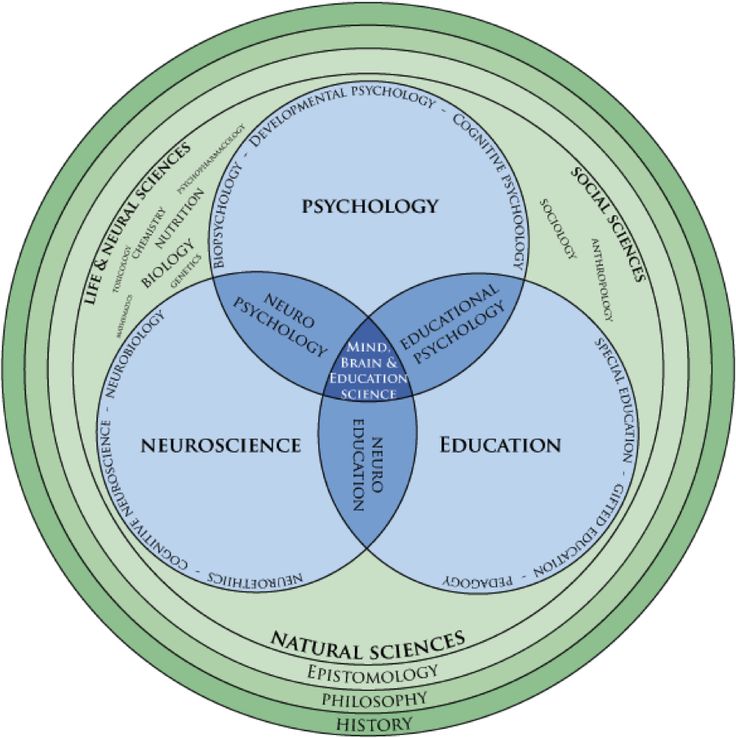
The philosopher was both a nativist and a rationalist: he believed that some human knowledge is innate, and that truth can be known through experience and the activity of the mind. He owns the statement: "I think, therefore I am."
Thomas Hobbes
Thomas Hobbes can be called the first social psychologist, because he believed that understanding the psychology of people is necessary for effective government. Hobbes concluded that self-interest determines human behavior, for example, the desire for pleasure stimulates movement towards the desired object, while the fear of pain or disgust leads to the avoidance of the object. Now the doctrine of Hobbes is known as psychological hedonism.
John Locke
Unlike Descartes, the philosopher Locke was of the opinion that the mind is a blank slate, devoid of any ideas, and that all knowledge is the result of experience. He distinguished only two of its sources: sensation and reflection. Sensing, a person turns his senses to the world and passively receives information in the form of images, sounds, smells and touches.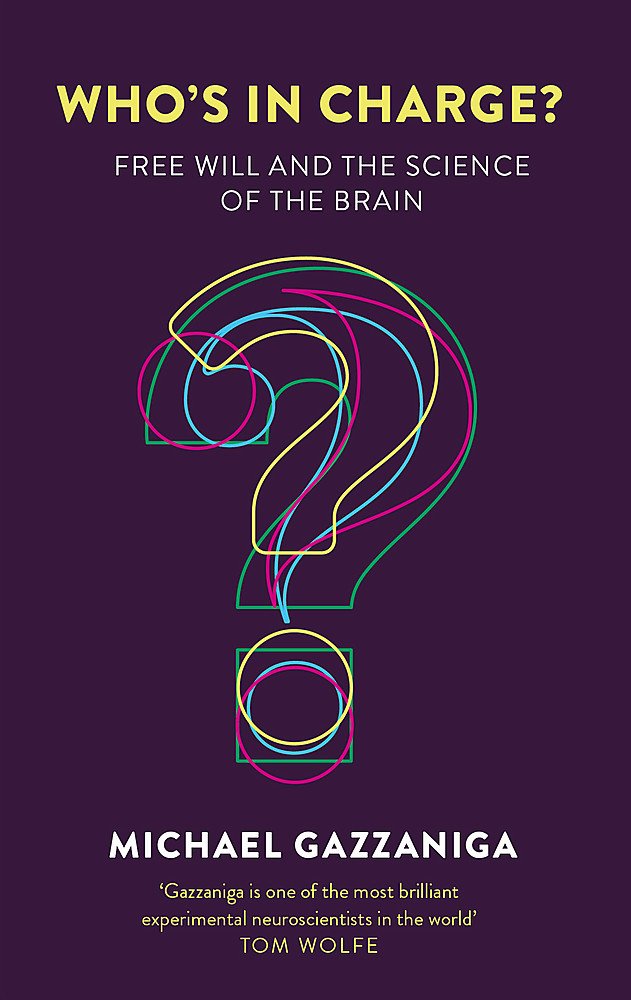 This leads to the birth of such ideas as "yellow", "sour" or "soft". In the second case, while thinking, a person turns his mind to himself and again passively receives such ideas as “thought”, “belief”, “doubt”, “will”.
This leads to the birth of such ideas as "yellow", "sour" or "soft". In the second case, while thinking, a person turns his mind to himself and again passively receives such ideas as “thought”, “belief”, “doubt”, “will”.
George Berkeley
In part, the views of the British philosopher Berkeley coincided with Locke's idea that knowledge is the result of sensory experience. However, developing his theory, Berkeley came to a breathtaking conclusion: the world of physical objects does not exist, there is only the world of ideas. Those. the idea that material objects exist, and interacting with them, a person experiences certain sensations, is just an act of faith, a game of reason.
David Hume
Being an ardent empiricist, the Scottish philosopher Hume believed that all knowledge comes from sensory experience, so the idea of innate knowledge as well as metaphysical concepts are just sophisms. He questioned scientific, religious, and moral theses, since they all relied on assumptions beyond experience and could therefore be wrong. Hume's skepticism led him to conclude that since the self cannot be observed, it is a kind of psychological chimera.
Hume's skepticism led him to conclude that since the self cannot be observed, it is a kind of psychological chimera.
Well, we say "thank you" to the Renaissance, which became an important milestone in the history of the development of psychology, and move on to the next stage.
Psychology as an independent discipline
German physician Wilhelm Wundt is considered to be the father of psychology. He wrote the discipline's first textbook, Fundamentals of Physiological Psychology, outlining the key connections between physiology, thought, and behavior, and in 1879 founded the world's first experimental psychology laboratory.
Wundt's main research method was introspection, or self-observation, in which subjects concentrated on their own mental processes and reported these experiences to scientists. This approach is still used in neuroscience, although many experts criticize introspection for its lack of objectivity.
Thousands of students attended Wundt's lectures, hundreds received degrees in psychology, and Wundt's student Edward Titchener became the founder of structuralism.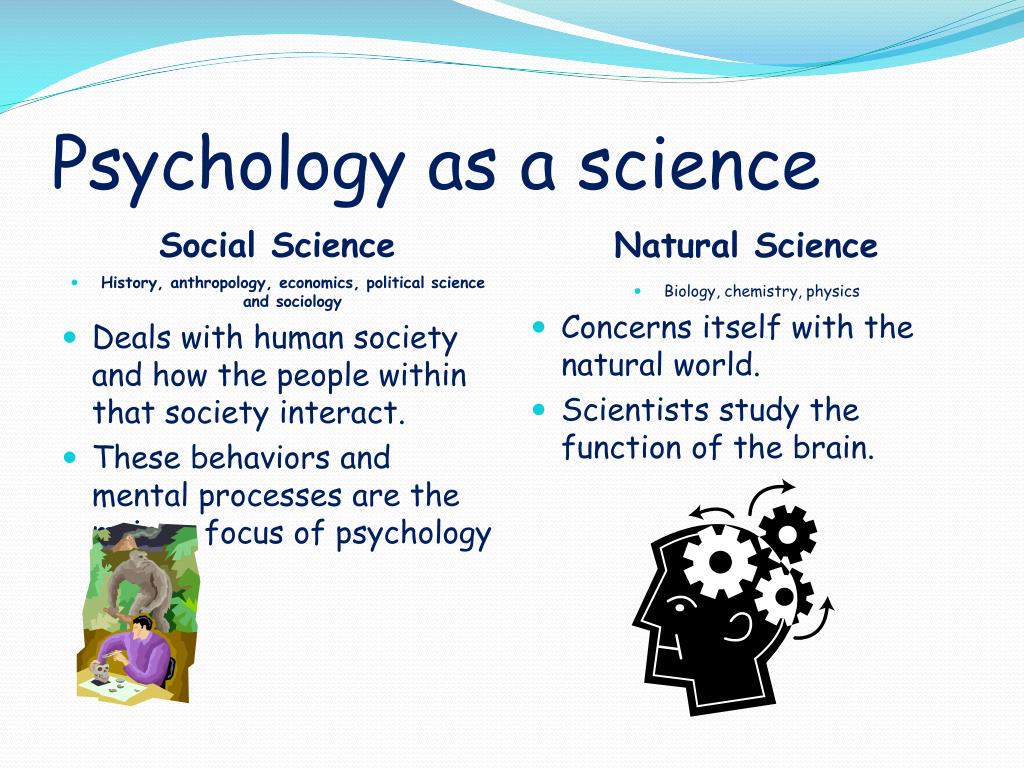
Structuralism
Structuralists believed that the best way to understand how the mind functions is to break it down into its basic elements and examine each of them. Titchener concluded that there are three groups of mental components that form conscious experience:
- Sensations.
- Images.
- Attachments (feelings, emotions).
He used introspection (introspection) as the only method for studying these elements, believing that those processes that cannot be investigated using this technique do not belong to the field of psychology. As a result, the Structuralists' overdependence on questionable and rigorous methodology led them into a fruitless dead end. Essentially, structuralism died with Titchener and was replaced by an alternative approach known as functionalism.
Functionalism
Unlike structuralists, who sought to discover the components of consciousness and understand how they are organized, functionalists were more interested in how the mind works, what mental processes take place in it, and what role consciousness plays in human behavior.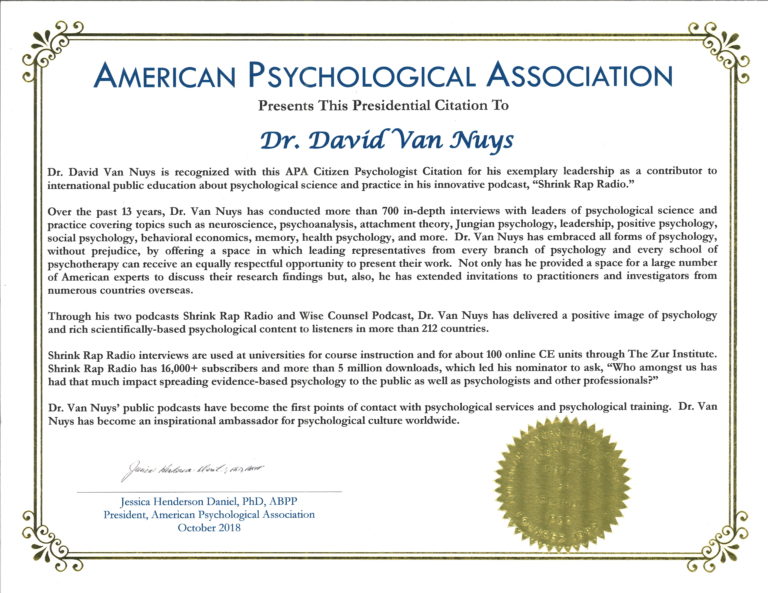
One of the main representatives of functionalism was the outstanding psychologist and philosopher William James. He promoted the idea that the mind and self-awareness serve some practical purpose. Those. functionalists viewed thinking and behavior in terms of how they help a person adapt to the environment, function successfully in the world, and succeed. This approach to psychology was formed under the influence of Charles Darwin's theory of evolution.
Since it was difficult for the functionalist James to reconcile the objective nature of psychology with its focus on consciousness, which is not directly observable, over time he moved away from the scientific-experimental approach and delved into philosophical reasoning. His works were written in an accessible, non-trivial, sometimes humorous and even colloquial language, for which Wundt criticized them. “This is literature. It’s beautiful, but it’s not psychology,” he said of James’ book Principles of Psychology [Fancher R.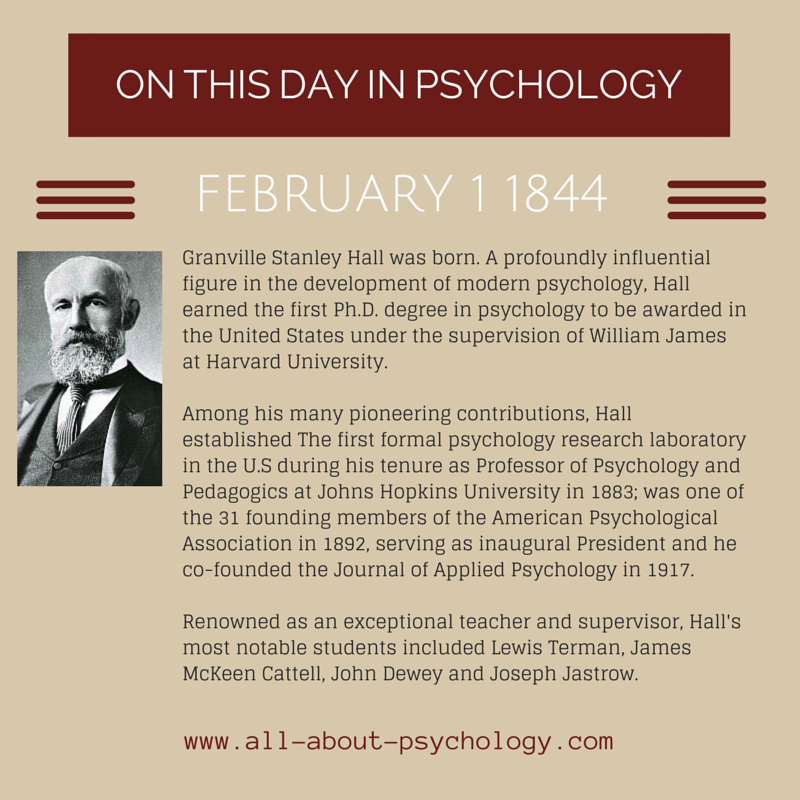 E., Rutherford A. Pioneers of Psychology: A History., 2017].
E., Rutherford A. Pioneers of Psychology: A History., 2017].
Eventually functionalism lost its dominance and was replaced by other psychological theories.
The advent of psychoanalysis
As you can see, early psychology was oriented towards the study of the conscious mind. But in the late 19th century, the Austrian physician Sigmund Freud theorized the importance of the unconscious, undermining faith in the rational nature of the mind.
According to Freud, behavior is largely determined by past experiences (including early childhood memories) and internal impulses that a person is not even aware of. The unconscious is formed by repression, a process in which disturbing experiences and repressed feelings leave the conscious mind and enter a reservoir, becoming part of the unconscious. To explore its contents, the father of psychoanalysis relied on hypnosis and dreams, trying to decipher the meaning hidden in them.
Although Freud's theory caused an avalanche of criticism in its time and is still perceived with skepticism, its influence on psychology is undeniable. We do not know if Freud was right, but we are sure that it is simply necessary to understand the basics of psychology. What drives us? Why do we do this and not otherwise? How to understand the motives of other people's behavior? Our free online course "Human Psychology" will help clarify the situation. Read and be surprised how beautiful this science is and how deep the human psyche is.
We do not know if Freud was right, but we are sure that it is simply necessary to understand the basics of psychology. What drives us? Why do we do this and not otherwise? How to understand the motives of other people's behavior? Our free online course "Human Psychology" will help clarify the situation. Read and be surprised how beautiful this science is and how deep the human psyche is.
Briefly about the history of domestic psychology
In our country, psychology as an independent discipline began to develop in the 19th century. Among the many talented scientists, we will single out only a few key figures:
Lev Semenovich Vygotsky
Vygotsky believed that the formation of habits and behavior occurs as a result of sociocultural interaction. He assigned an important role in the process of human learning to the game, believing that it helps the child to learn cultural norms and social skills, as well as to control his own behavior.
Vygotsky's most famous theory in the field of psychology is the zone of proximal development. It illustrates the learning process of a child and suggests that children learn to solve more complex problems with the help of knowledgeable adults, learning new things under their guidance.
It illustrates the learning process of a child and suggests that children learn to solve more complex problems with the help of knowledgeable adults, learning new things under their guidance.
Alexander Romanovich Luria
Luria argued that the mental processes and conscious activity of a person proceed due to the work of three units of the brain:
- awakening control unit;
- block for receiving, analyzing and storing information;
- block programming, regulation and activity check.
An interesting fact: if you analyze the work of the Soviet scientist, you can find similarities between his theory and the popular (later) hypothesis of the triune brain of the neurophysiologist Paul McLean.
Ivan Petrovich Pavlov
In 1904 Pavlov received the Nobel Prize in Physiology or Medicine. He conducted experiments on dogs and is famous for his discovery of classical conditioning. The scientist discovered that the conditioned stimulus (call), which in dogs was associated with the type of food, is capable of in itself causing a conditioned reflex (salivation).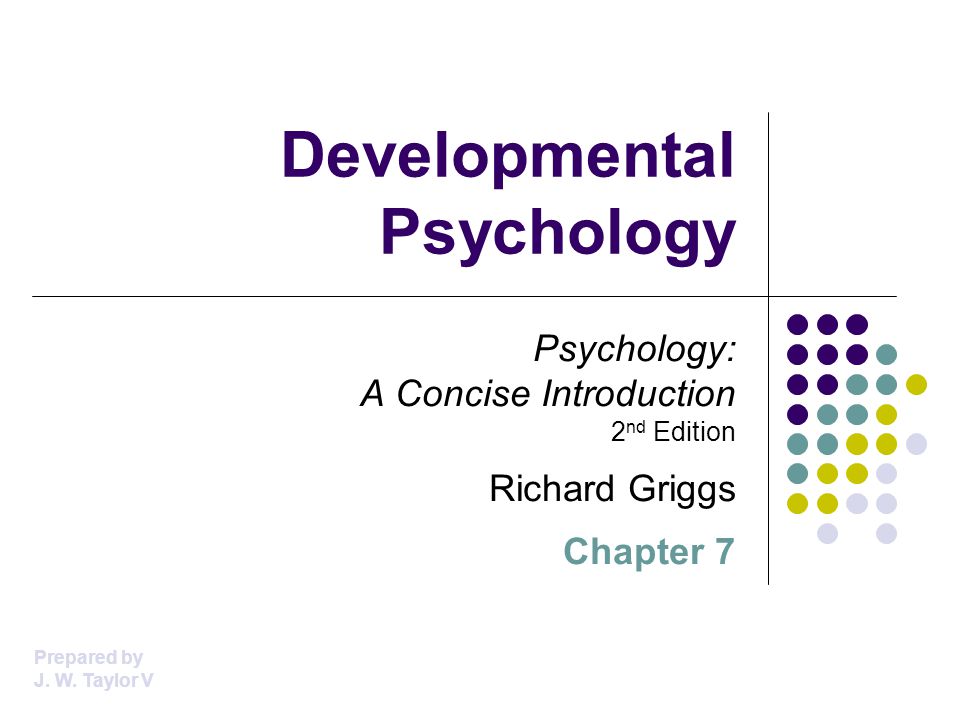
Pavlov was not a psychologist, but he suggested that conditioning could cause certain behaviors not only in dogs, but also in humans. He turned out to be right. His discovery had a significant impact on the development of the psychological school of behaviorism.
Behaviorism
At the beginning of the 20th century, the approach of scientists to psychology changed dramatically. They abandoned the emphasis on the conscious and the unconscious, turning their attention to the study of behavior. This is how behaviorism was born. The goal of its supporters was to study only completely objective and observable processes: no introspection and discussion of mental concepts.
One of the most ardent supporters of behaviorism was the American psychologist John Watson, who, in a purely scientific approach, sought to study behavior without making any assumptions beyond the experience available to the senses.
Watson was of the opinion that the context and environment in which a person is located completely determine his behavior. This idea was later developed by the psychologist Burres Frederick Skinner. He introduced the concept of operant conditioning and demonstrated in rats how punishment and reinforcement affect behavior.
This idea was later developed by the psychologist Burres Frederick Skinner. He introduced the concept of operant conditioning and demonstrated in rats how punishment and reinforcement affect behavior.
Humanistic psychology
Behaviorism and psychoanalysis maintained their dominant position until the second half of the 20th century, when a new school of thought, known as humanistic psychology, emerged. And she was born thanks to the American psychologist Carl Rogers, who firmly believed in the power of free will and self-determination. Humanists led by Rogers argued that:
- human behavior is primarily influenced by his perception of the surrounding world;
- free will and conscious choice exist;
- the need to realize one's potential (self-actualization) is natural for every person;
- any experience is unique, so psychologists must carry out an individual approach to each client.
An important contribution to the development of humanistic psychology was made by the American psychologist Abraham Maslow. He believed that Freud's psychoanalytic theory and Skinner's behavioral theory were too fixated on the pathological aspects of behavior. Therefore, Maslow delved into the study of what brings people happiness: motivates, satisfies needs and leads to self-realization.
He believed that Freud's psychoanalytic theory and Skinner's behavioral theory were too fixated on the pathological aspects of behavior. Therefore, Maslow delved into the study of what brings people happiness: motivates, satisfies needs and leads to self-realization.
The result of his research was a theory called the Hierarchy of Needs, which suggested that human behavior is determined by five categories of needs. Once the basic needs are satisfied, there is a motivation to achieve higher level needs.
The monopoly of behavioral psychology persisted until the cognitive revolution took place in the late 1950s.
Cognitive psychology
The main ideas of the cognitive revolution were that the human mind works like a computer and can be studied as a self-sufficient logical system, regardless of social, cultural, situational factors, and also without reference to its physical basis.
September 11, 1956 is considered to be the birth date of cognitive psychology.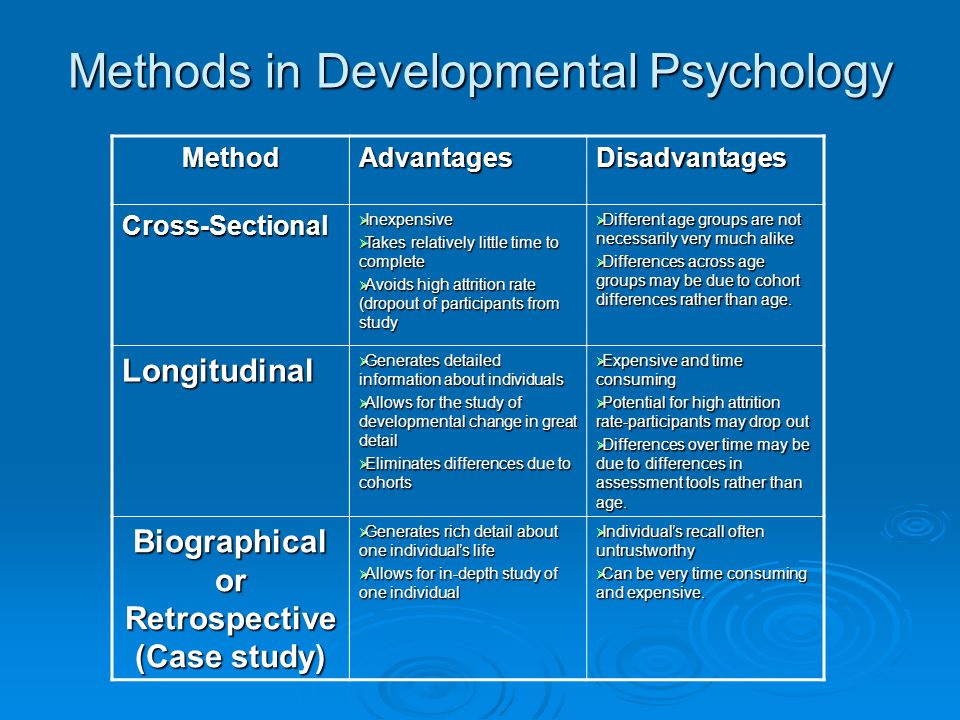 On that day, eminent scientists George Miller, Noam Chomsky, Allen Newell, and Herbert Simon made presentations at an information theory symposium held at the Massachusetts Institute of Technology (Cambridge).
On that day, eminent scientists George Miller, Noam Chomsky, Allen Newell, and Herbert Simon made presentations at an information theory symposium held at the Massachusetts Institute of Technology (Cambridge).
Linguistics professor Noam Chomsky argued that the mental structure of language is based on universal, innate principles that are genetically transmitted, and the ability to learn it cannot be explained by reinforcement alone, thus criticizing Skinner's behavioral theory.
American psychologist George Miller was also involved in the study of language, his book "Language and Communication" became the starting point in the emergence of psycholinguistics. In addition, Miller studied the ability of human memory, putting forward the theory that most people can remember no more than 7 ± 2 items of information using their short-term memory. Miller also found that information is better remembered when it is broken down into parts.
In 1956, cognitive psychologist Allen Newell worked with political scientist, economist, and sociologist Herbert Simon to develop the first working computer program that mimicked the human ability to solve complex problems.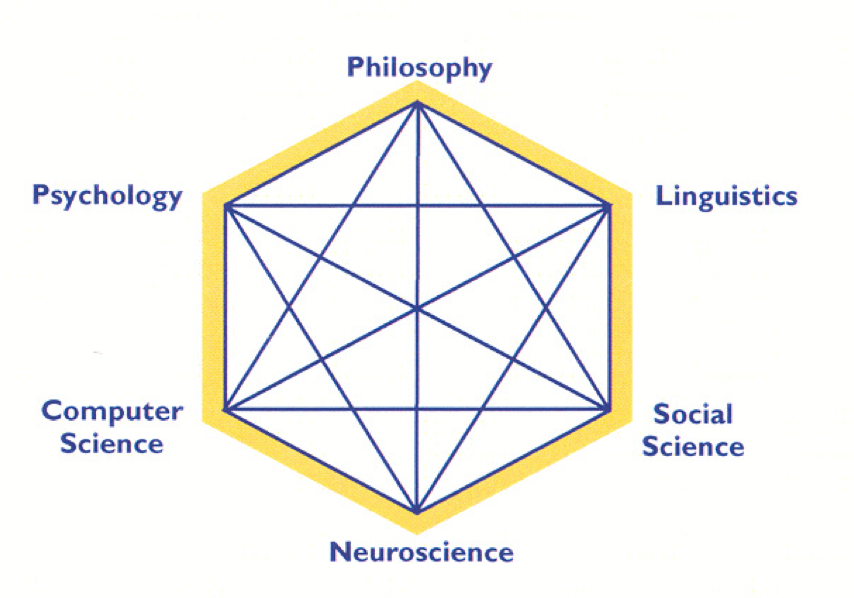 She could prove theorems just like a talented mathematician.
She could prove theorems just like a talented mathematician.
Since then, cognitive psychology has developed rapidly. Thanks to brain imaging tools such as functional magnetic resonance imaging and positron emission tomography, researchers have the opportunity to study its inner workings. And with the help of genetics, modern psychologists seek to understand how physiology and heredity affect the psychological state of a person.
Modern cognitive psychology studies the mental processes associated with memory, intelligence, language, attention, perception, imagination, problem solving, learning ability. By the way, you can read more about the history of the development of educational psychology in our article. And if you want to understand the peculiarities of your thinking, learn how to solve complex life problems without fuss and stress, improve your analytical skills, memory and logic, we invite you to the Cognitive Science online program.
In ancient times, psychology was a mixture of magic and religion.

